Introduction to Solo Chess
Solo Chess, also known as playing chess against oneself, is a unique approach to this traditional game that challenges players in unconventional ways. While typically viewed as a two-player contest, chess played solo serves not just as a game but as a means of personal improvement and introspection. This practice can enhance one's skills, facilitate deeper understanding of the game's strategies, and provide insightful self-reflection.
Benefits of Playing Chess Solo
Playing chess on your own offers several benefits. It allows for limitless exploration of strategies without the pressure of a competitive setting. This method can be particularly useful for beginners who want to practice new moves and strategies without fear of judgement or failure. For more advanced players, it offers a sandbox mode to experiment with complex game theories and tactics.
Another significant advantage is the development of impartial analytical skills. By assuming both sides of the game, a player learns to view the board from multiple perspectives. This skill is crucial in competitive play, where understanding an opponent's strategy and predicting their moves can determine the outcome of the game.
Cognitive and Psychological Advantages
Beyond chess skills, solo play can also enhance cognitive abilities such as problem-solving, critical thinking, and concentration. Playing against oneself requires keeping track of both sides' strategies, which can improve memory and multitasking skills. Psychologically, it encourages patience and discipline as one must rigorously analyze each move's consequences without external input.
How to Play Solo Chess
Starting a game of solo chess involves setting up a chessboard as one would for a regular game. The player then adopts the role of both the white and black pieces, making moves for each side. The objective remains the same — to checkmate the opponent — but achieving it requires a neutral, unbiased approach to each move.
Strategies for Effective Solo Play
To maximize the effectiveness of solo chess, players should aim to treat each side equally, maintaining impartiality to ensure that each side gets the best possible play. It can be helpful to adopt different styles or tactics for each side. For example, one could play more aggressively as white and more defensively as black, to explore different strategies.
Keeping a journal can also enhance the learning process. Documenting each game, the strategies used, and reflecting on what could have been improved for each side can provide valuable insights over time.
Challenges and Considerations
One of the main challenges in playing chess against oneself is maintaining an unbiased stance throughout the game. It can be tempting to favor one side over the other, or to not fully exploit weaknesses in the position that one's move as the opponent has just revealed. This requires disciplined thinking and honesty.
Maintaining Objectivity
To help maintain objectivity, some players suggest using different thinking caps for each side, literally or figuratively. This could involve altering one's seat, switching physical positions in relation to the board, or even using a timer to limit overthinking for one side. The goal is to make each decision as if the player were solely in charge of that side in a real game.
Technological Aids and Online Solo Chess
In the digital age, there are numerous tools and software available to assist with solo chess. Numerous apps and websites allow players to set up positions and play against an AI, which can be particularly useful for solo players looking for a competitive edge. These platforms often provide analytical tools and tips and can simulate a variety of opponent skill levels.
Conclusion
Solo Chess serves as an excellent tool not only for honing chess skills but also for enhancing mental agility and personal introspection. Whether as a training method to better understand diverse strategies or a way to enjoy chess when a partner isn't available, playing against oneself opens up a myriad of opportunities for growth and enjoyment within the classic game of chess.
Explore our large collection of luxurious chess sets!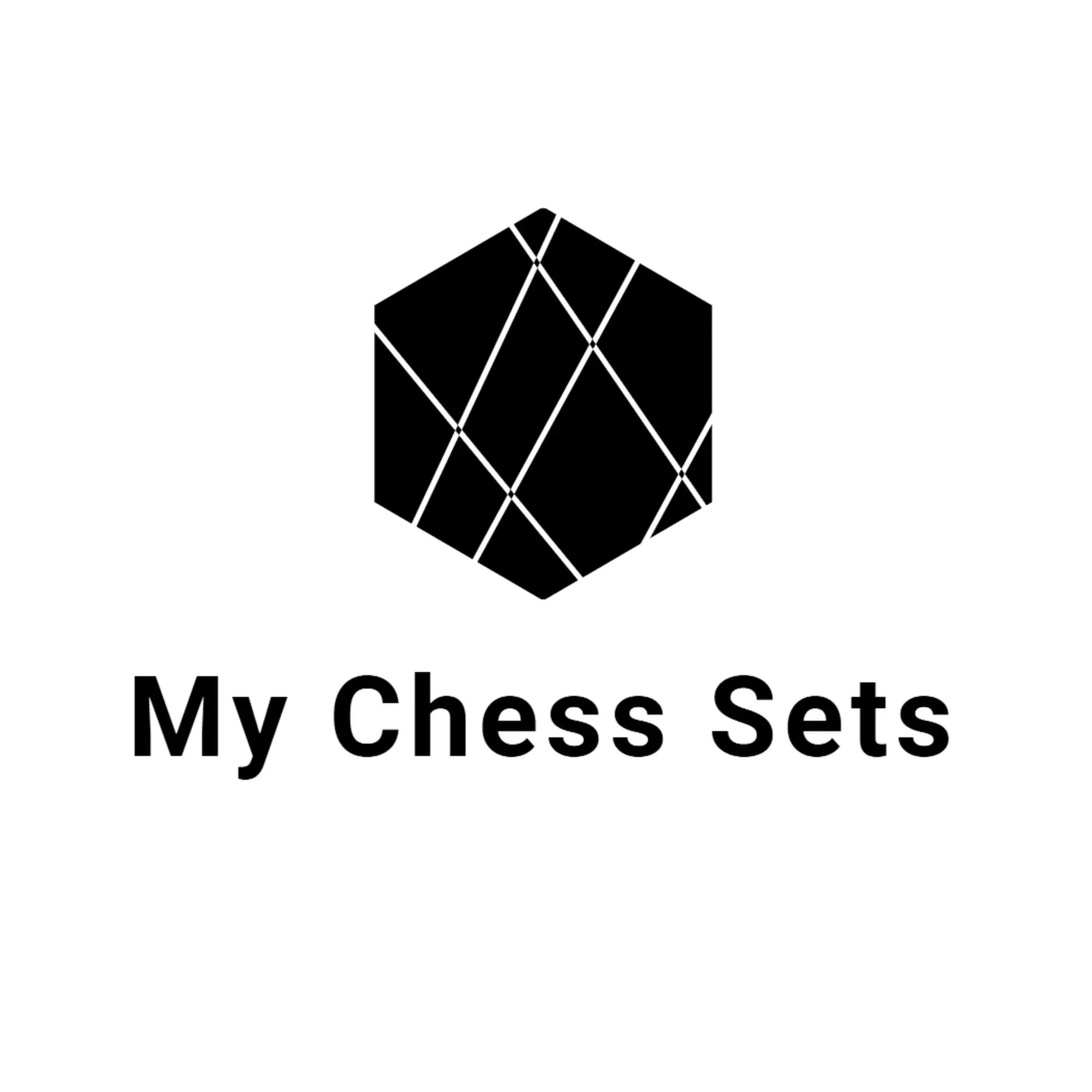
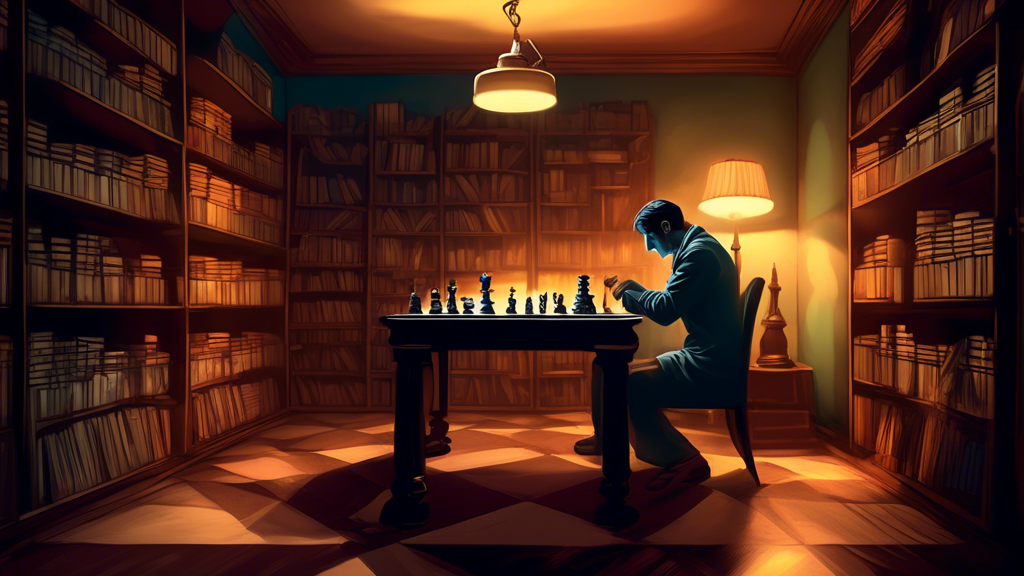
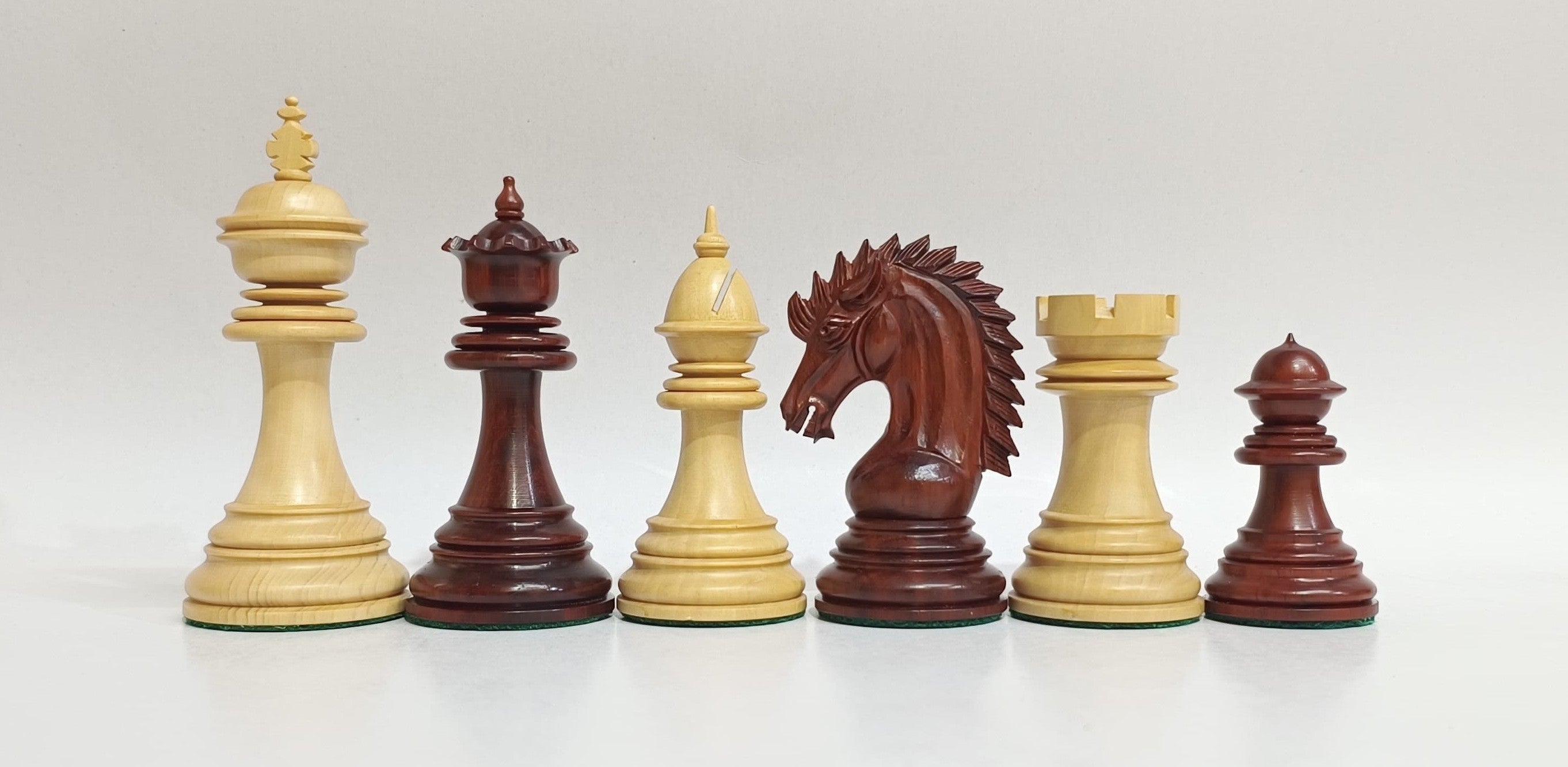
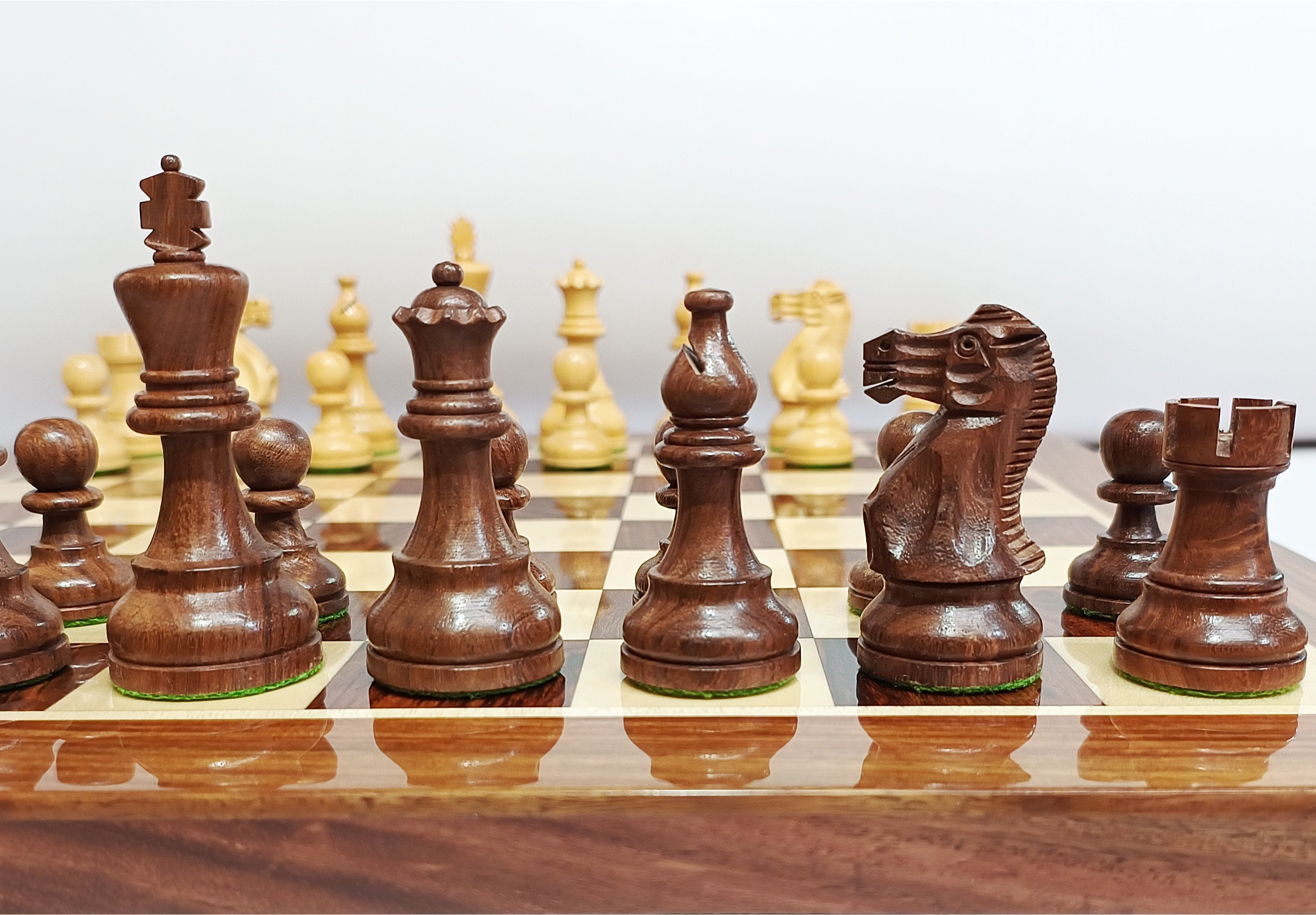
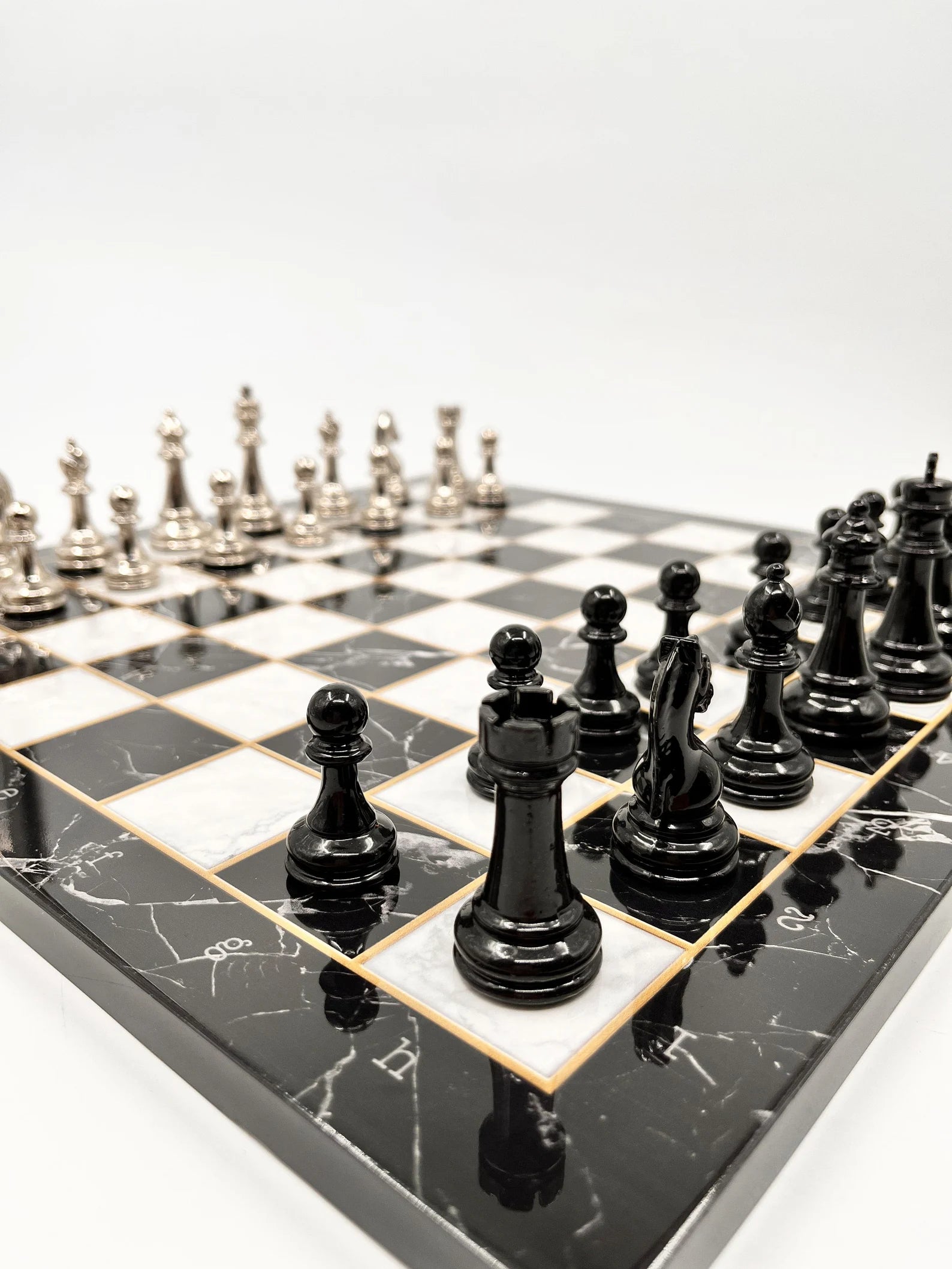
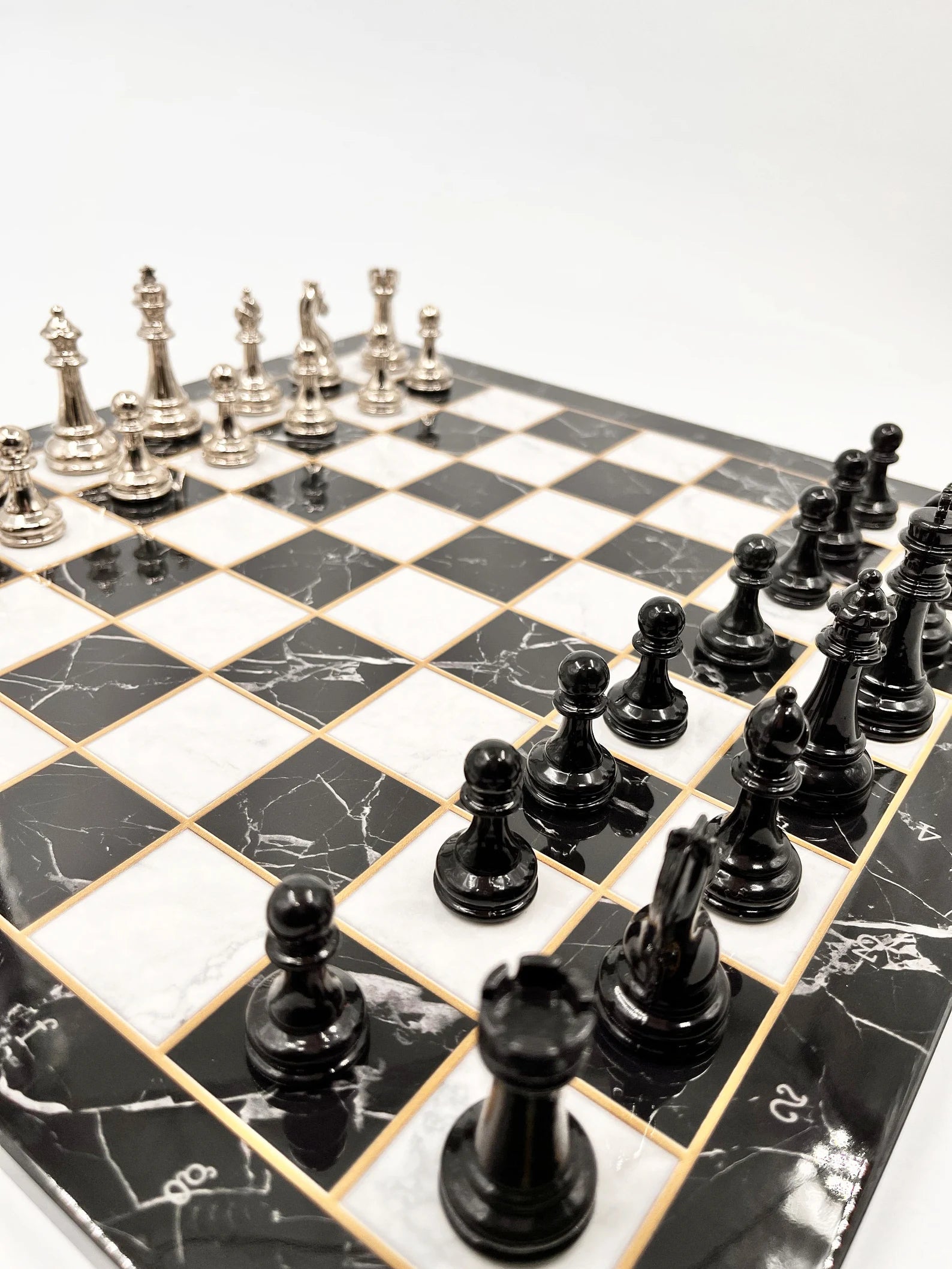
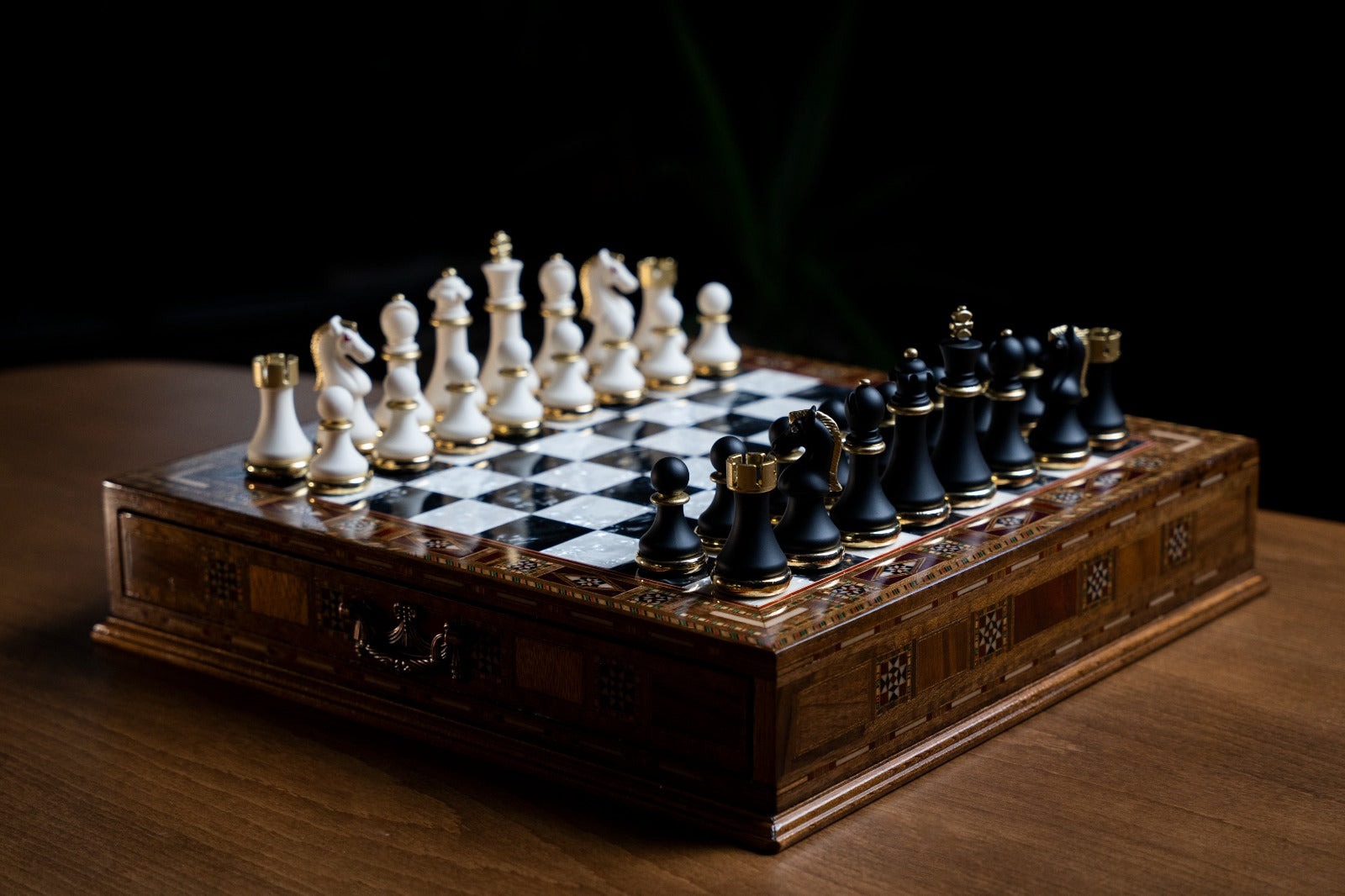
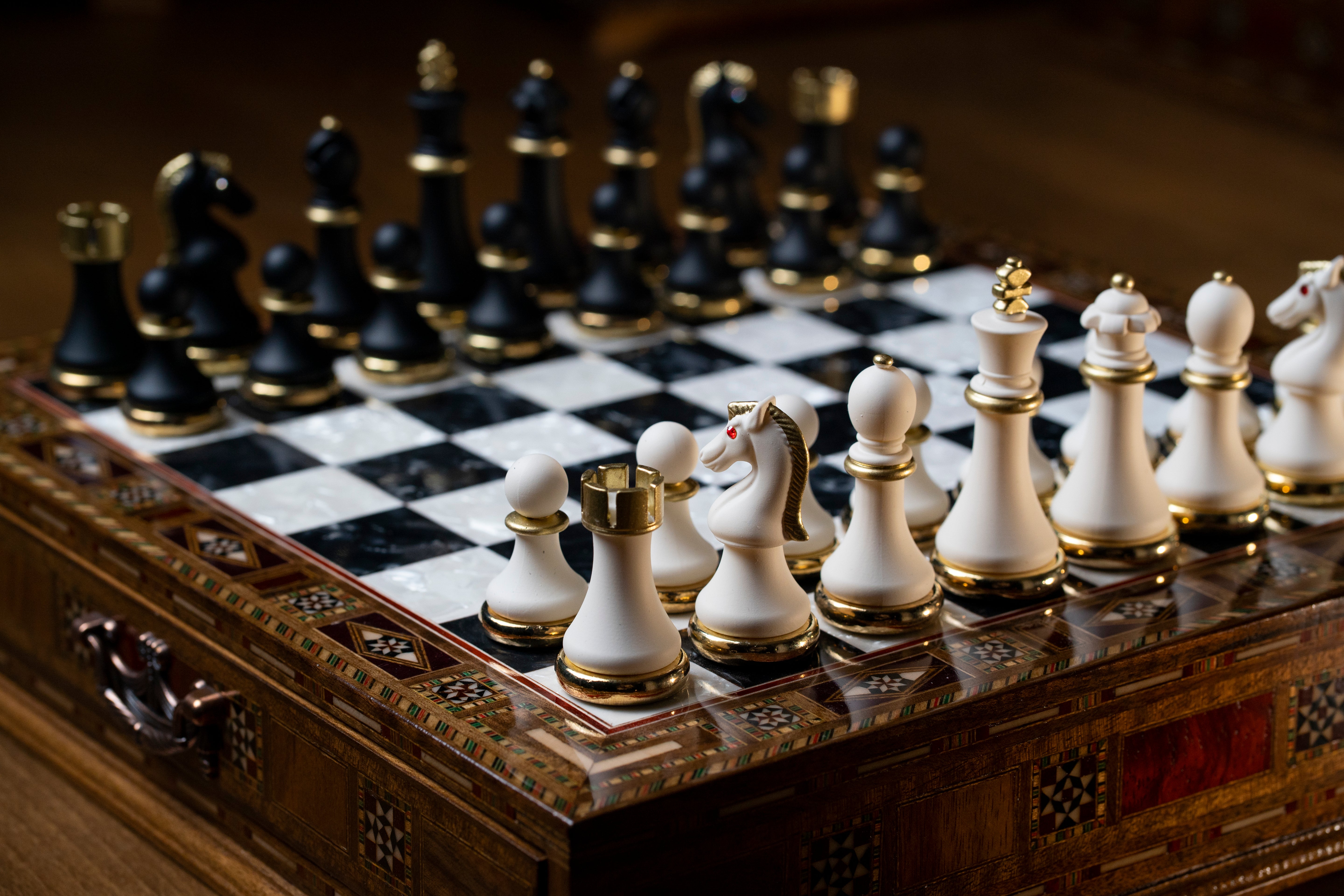
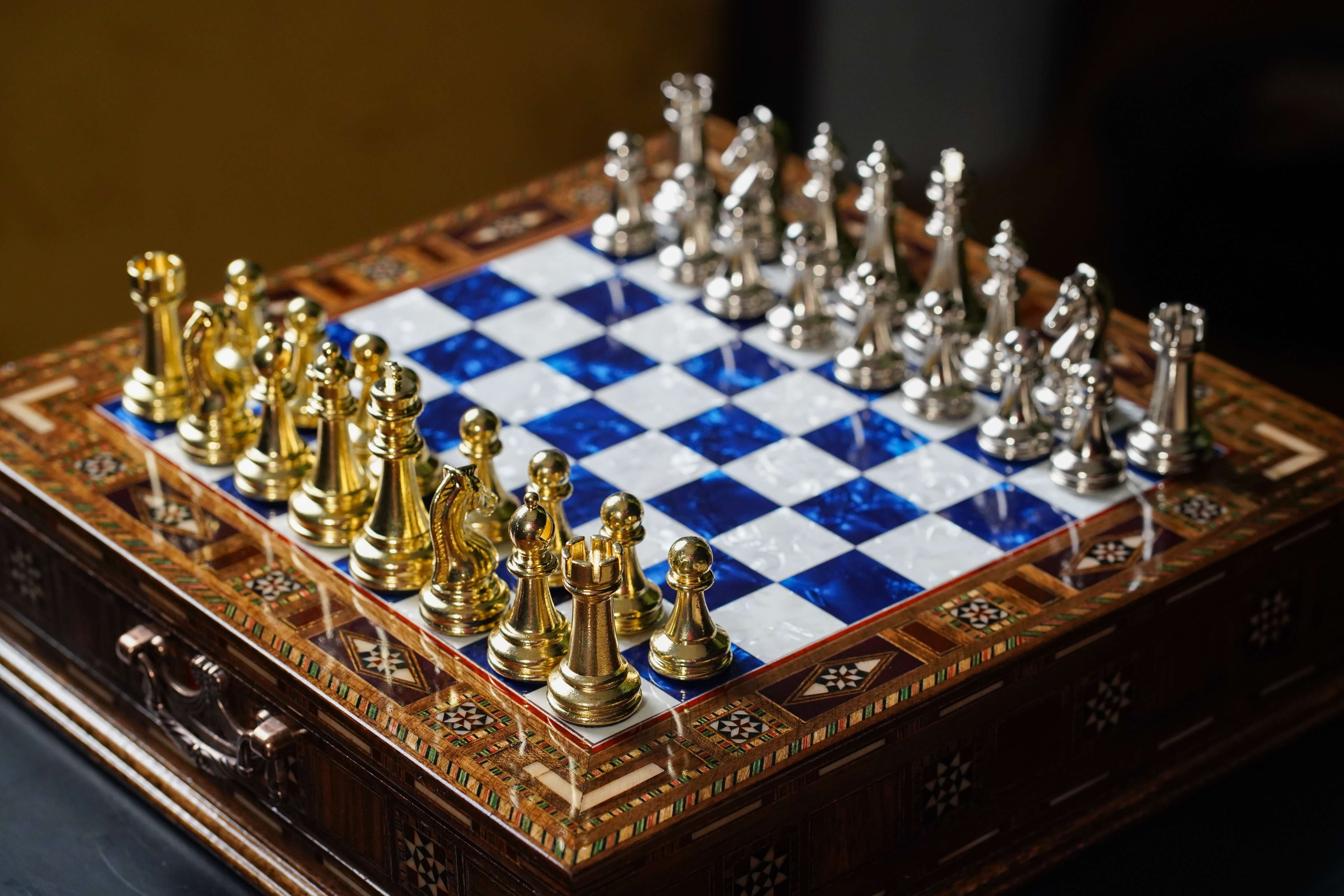
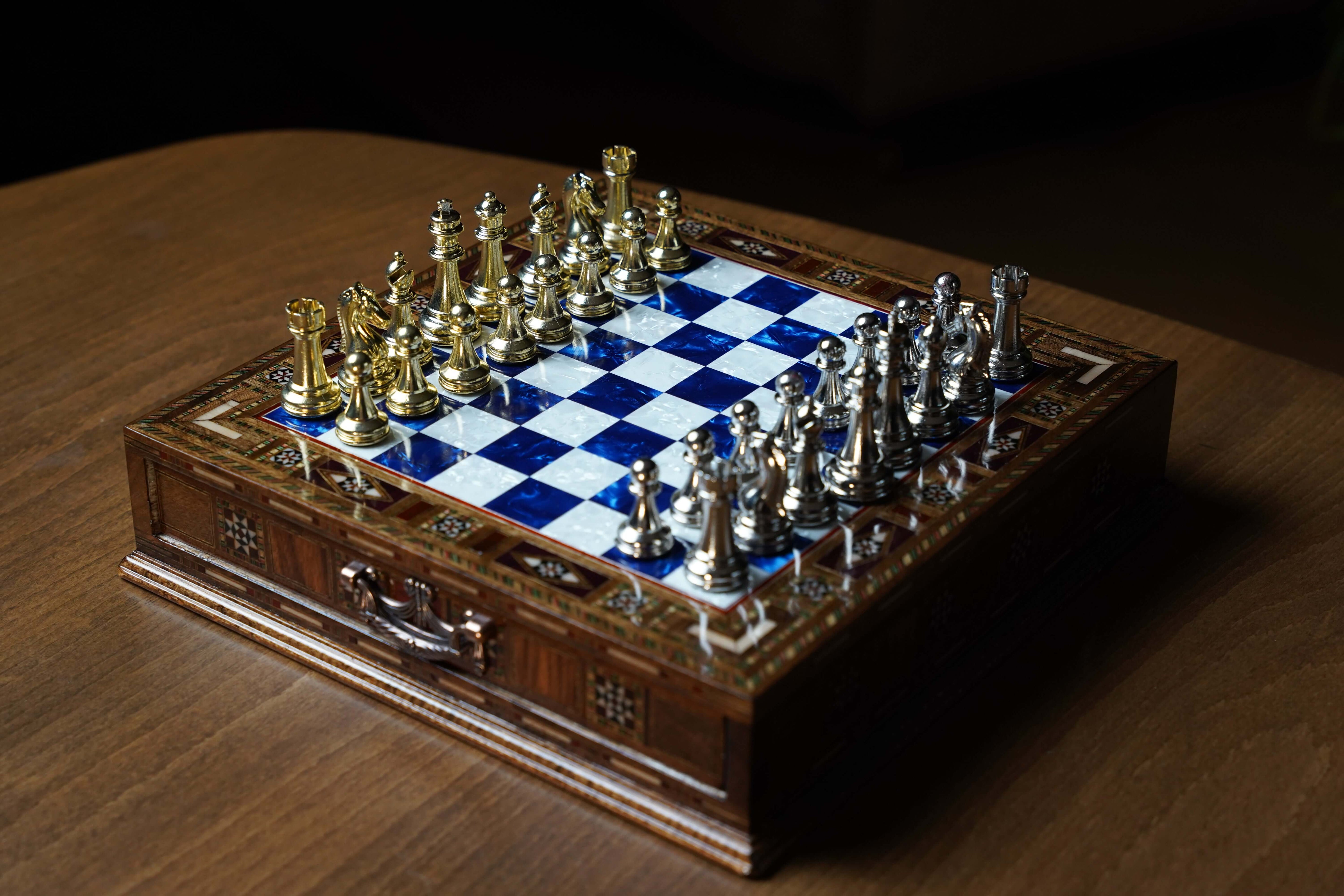
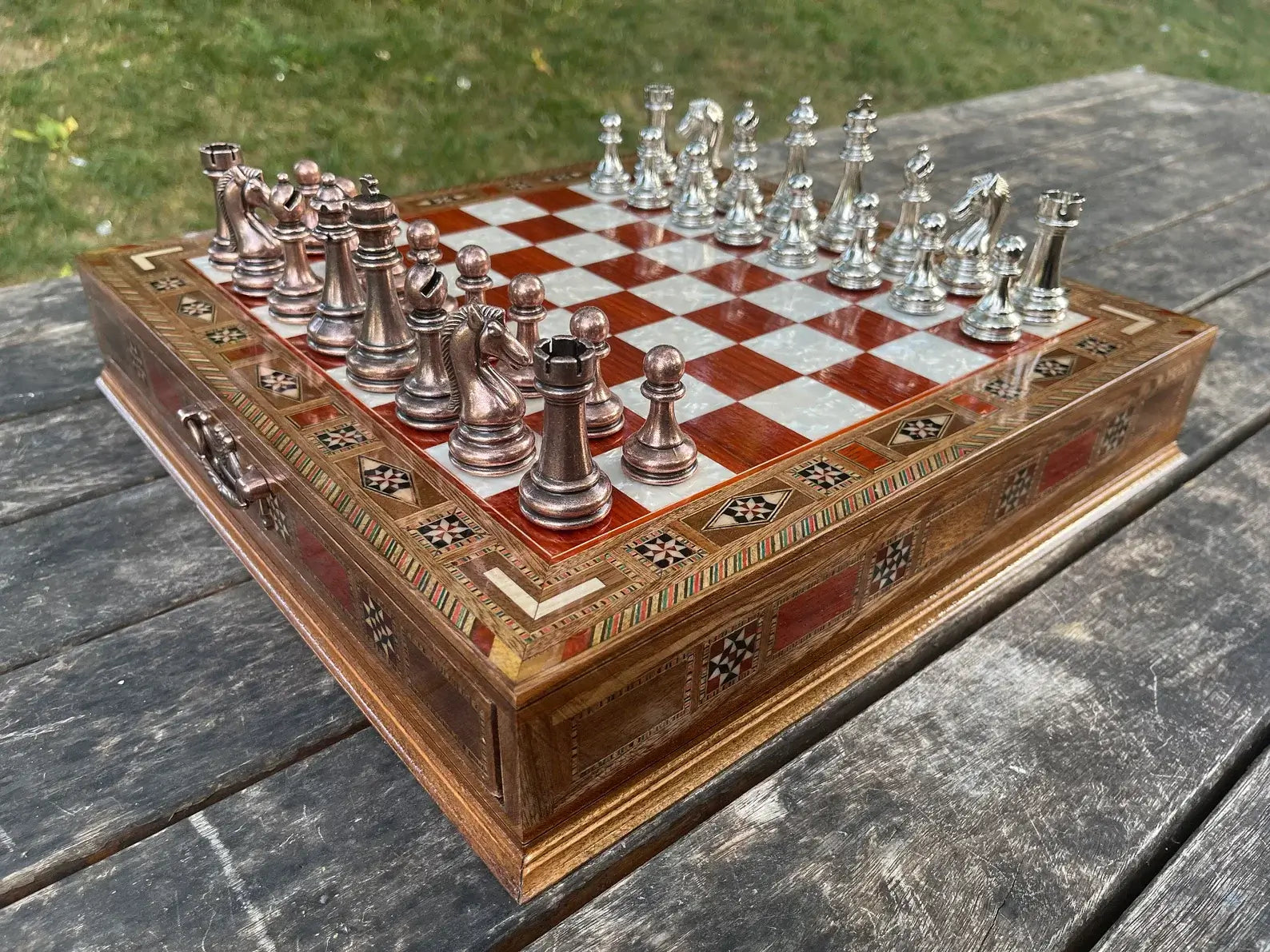
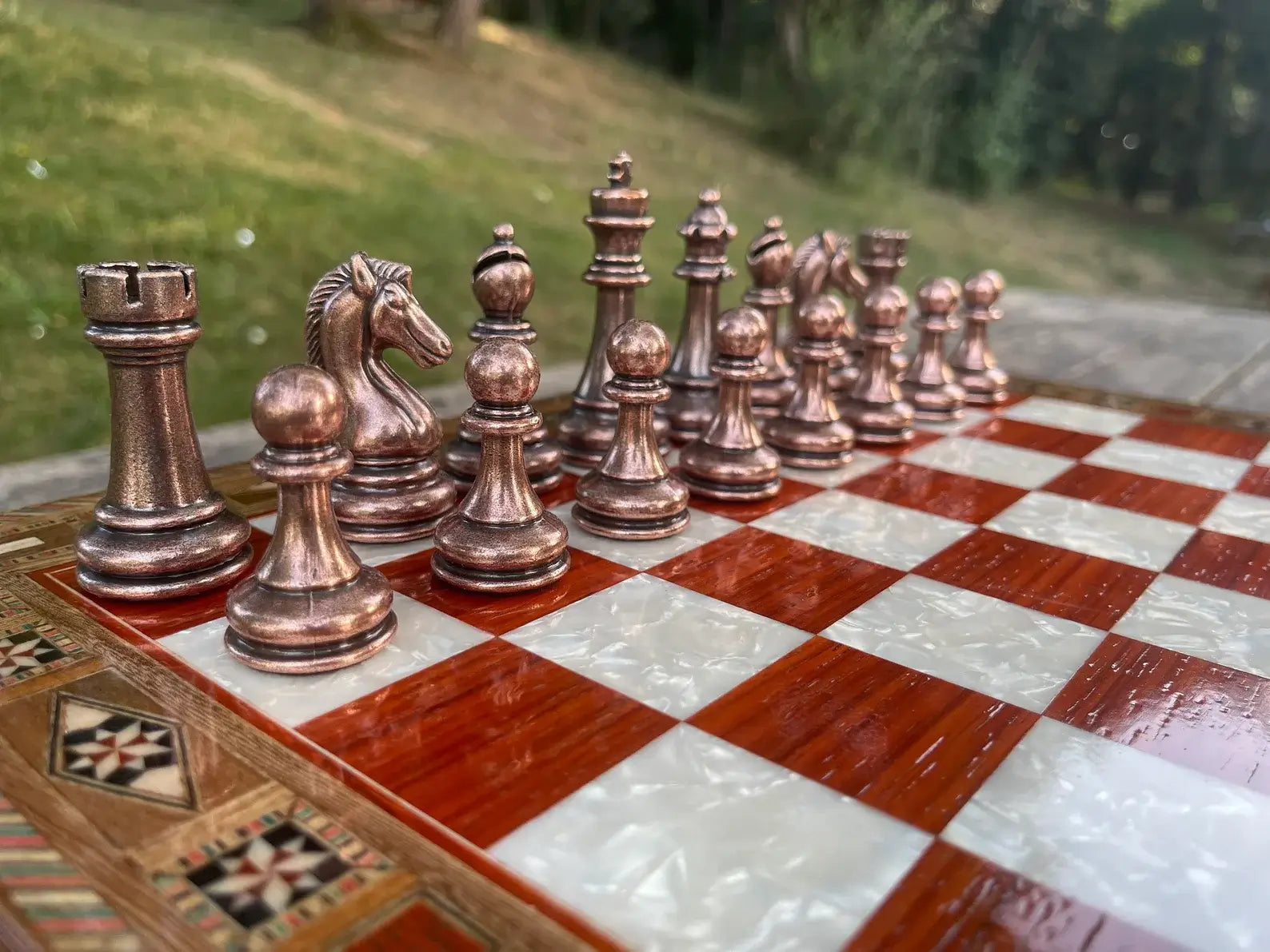
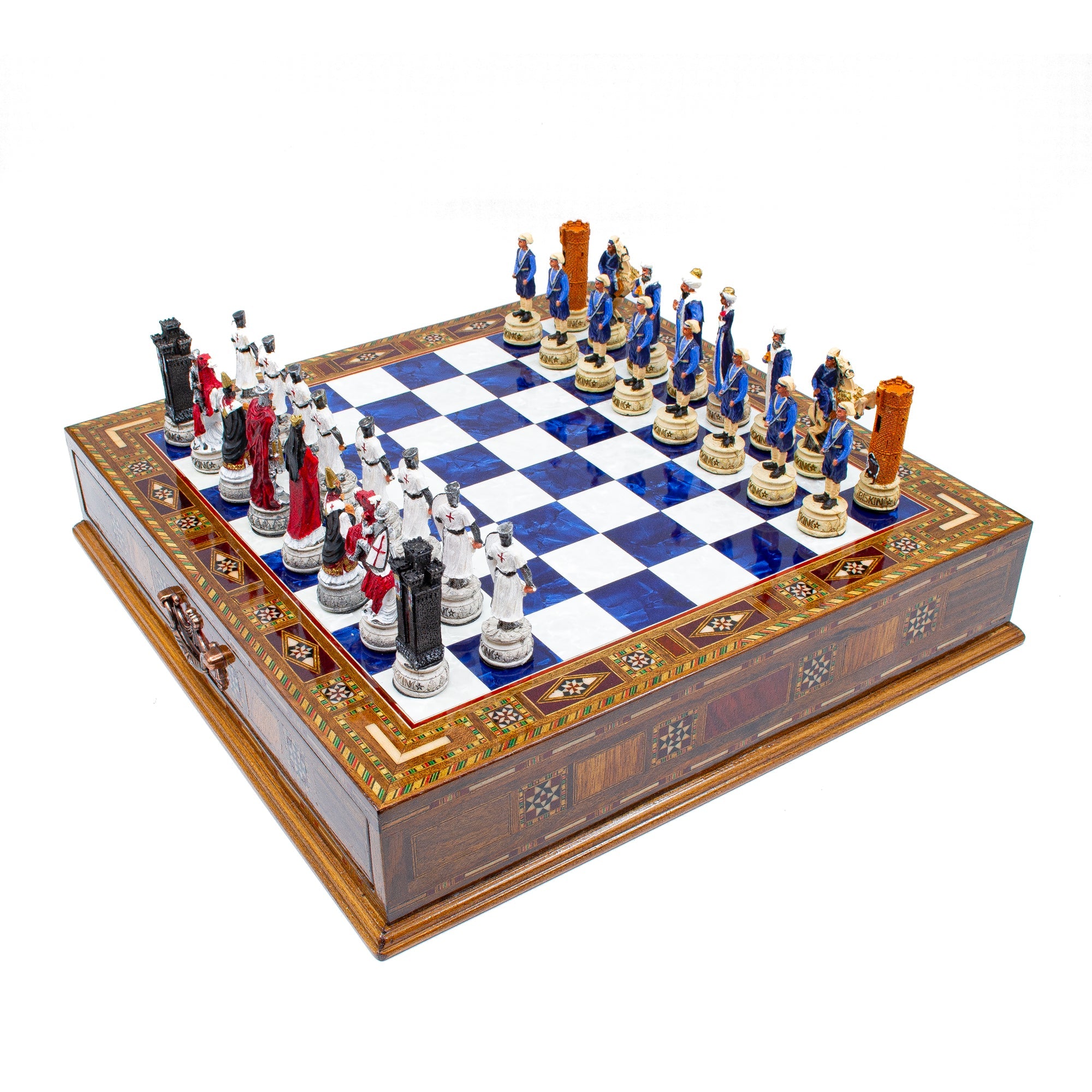
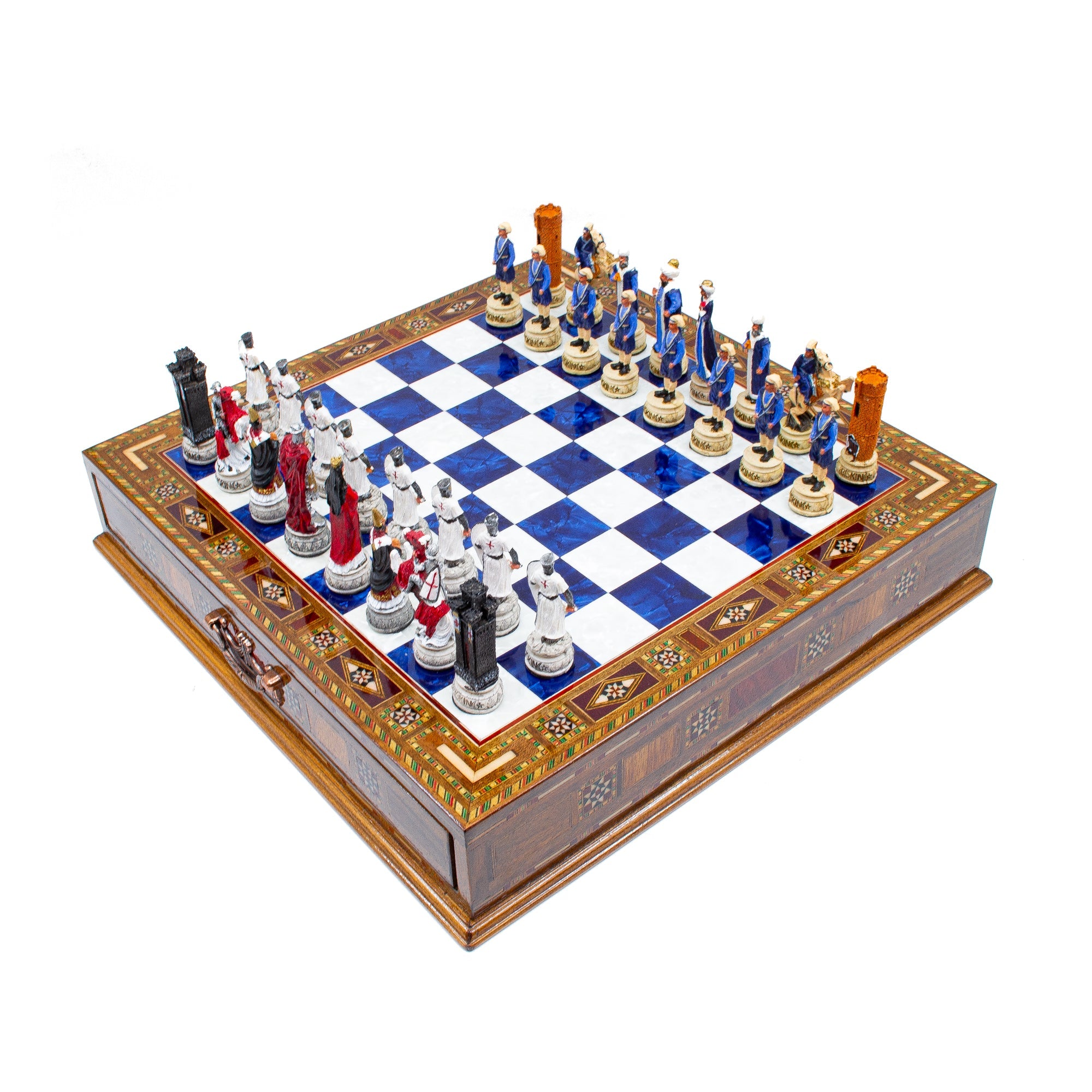
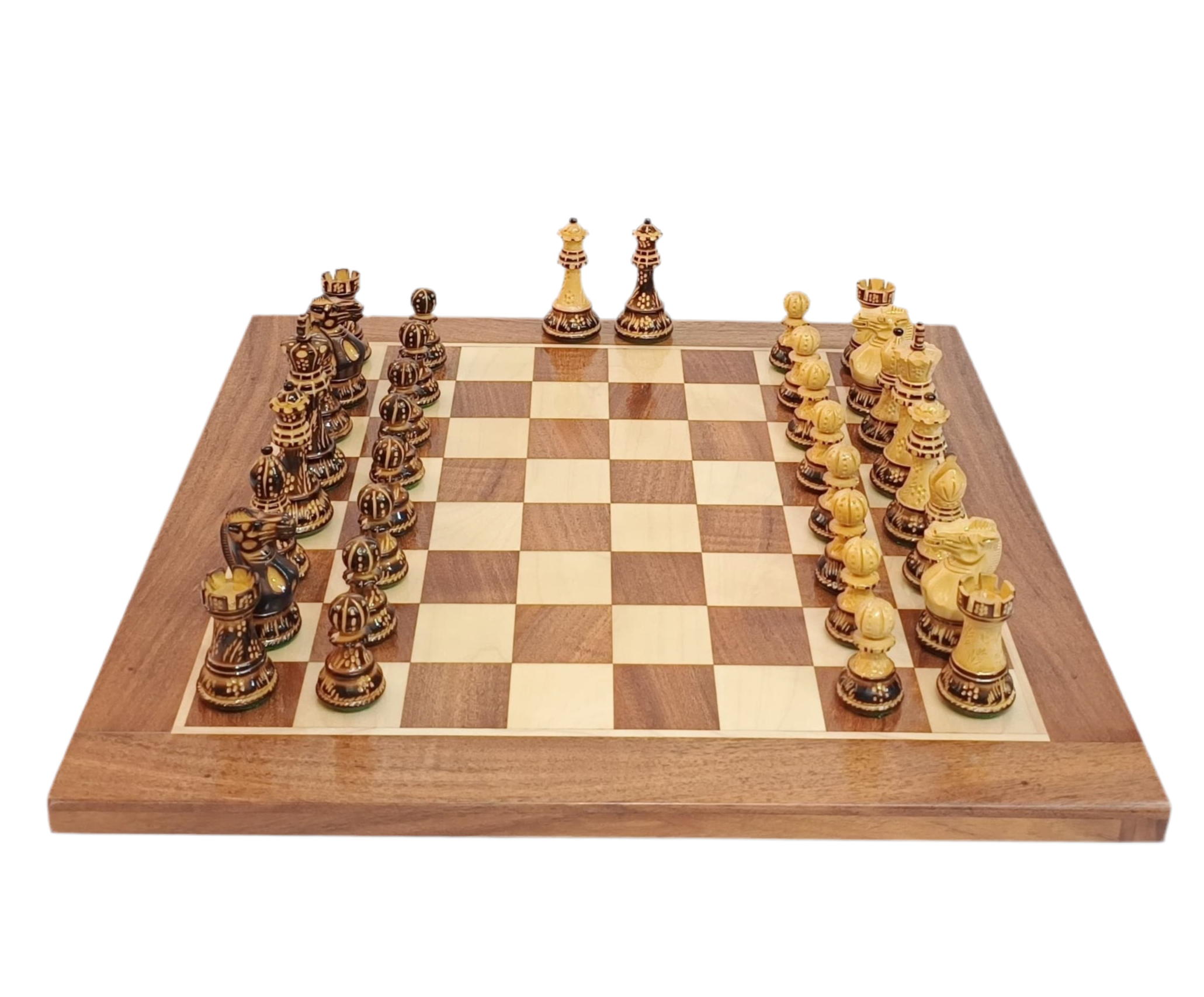
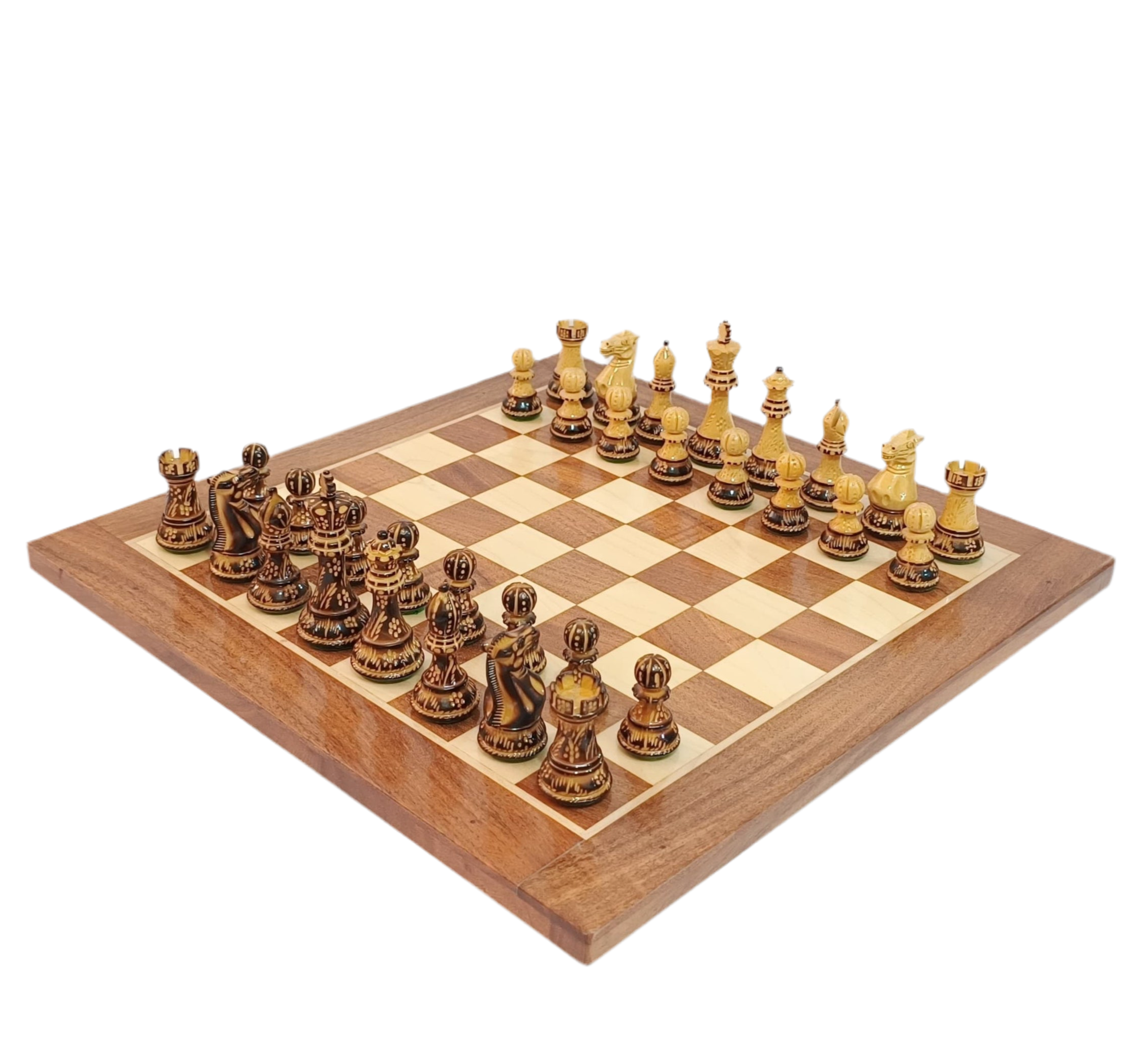
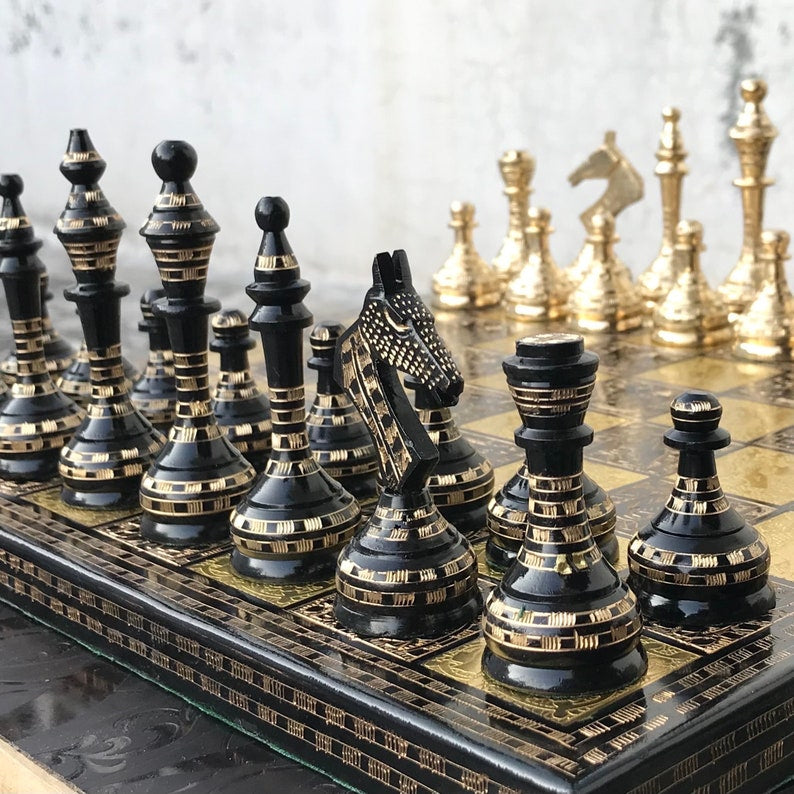
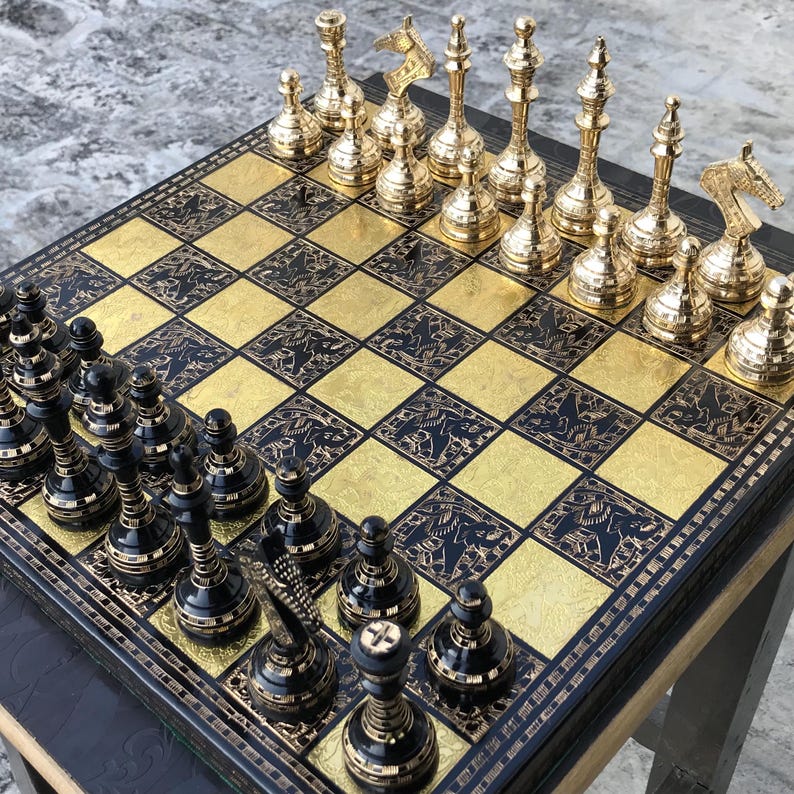
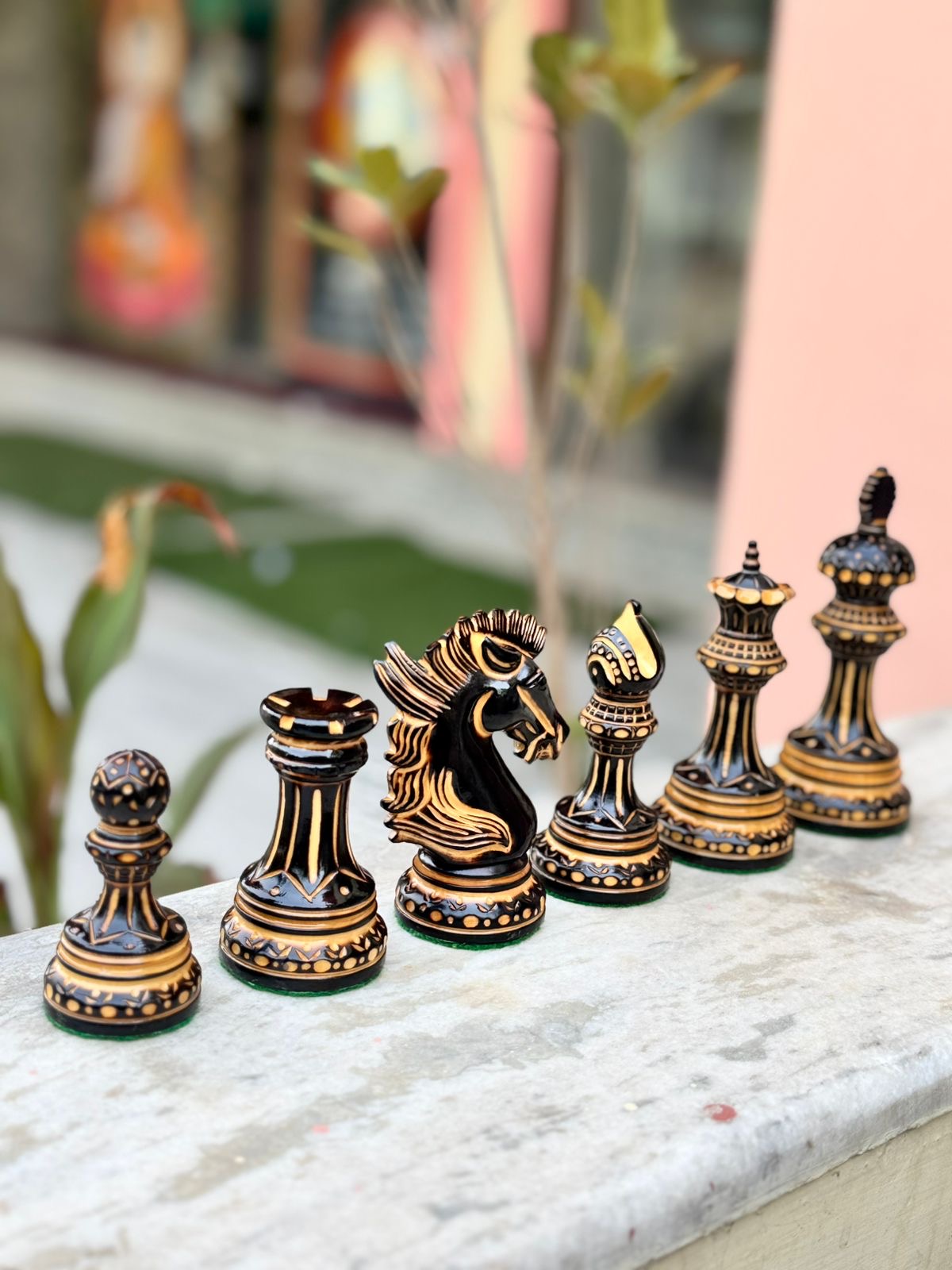
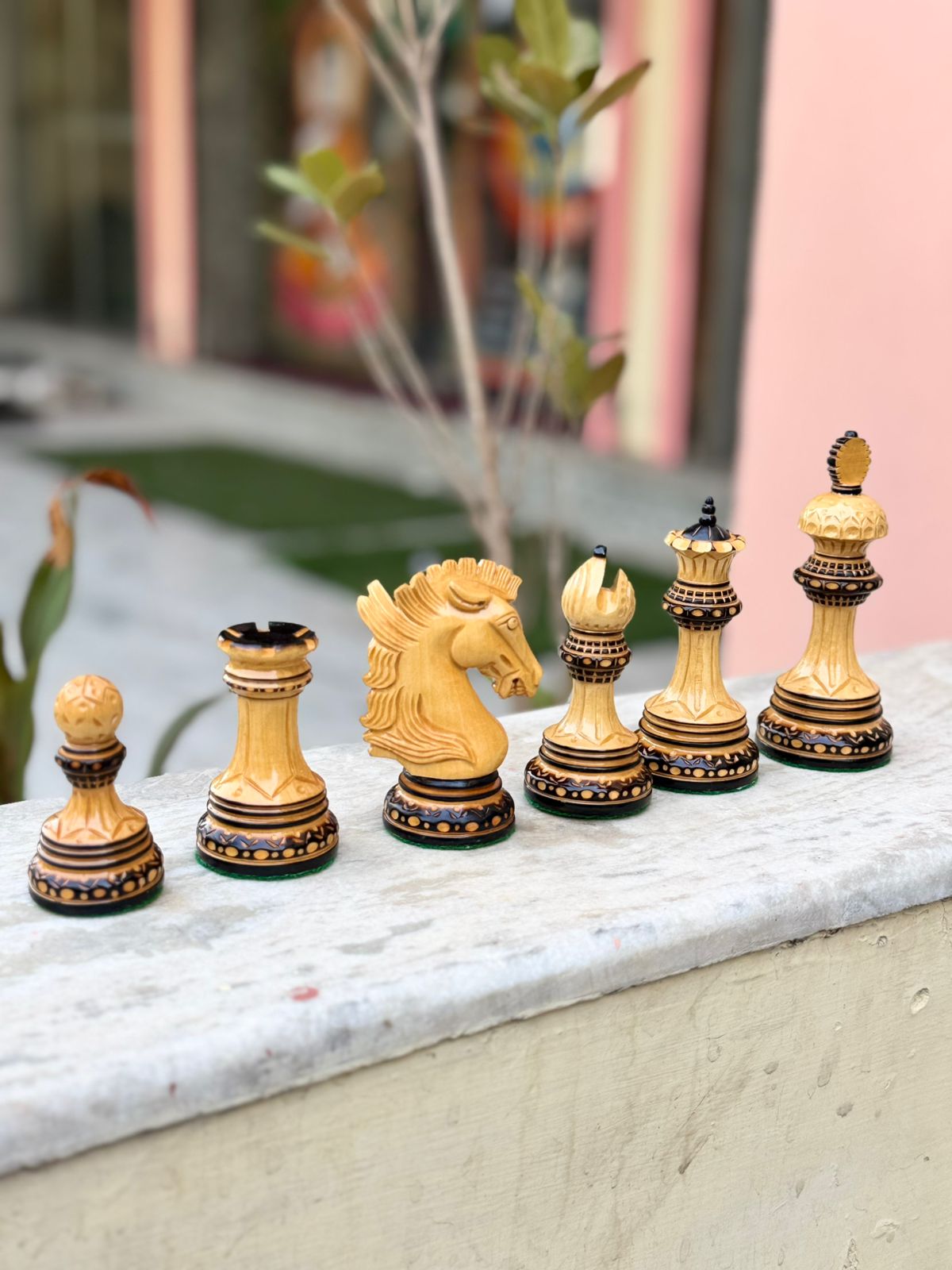
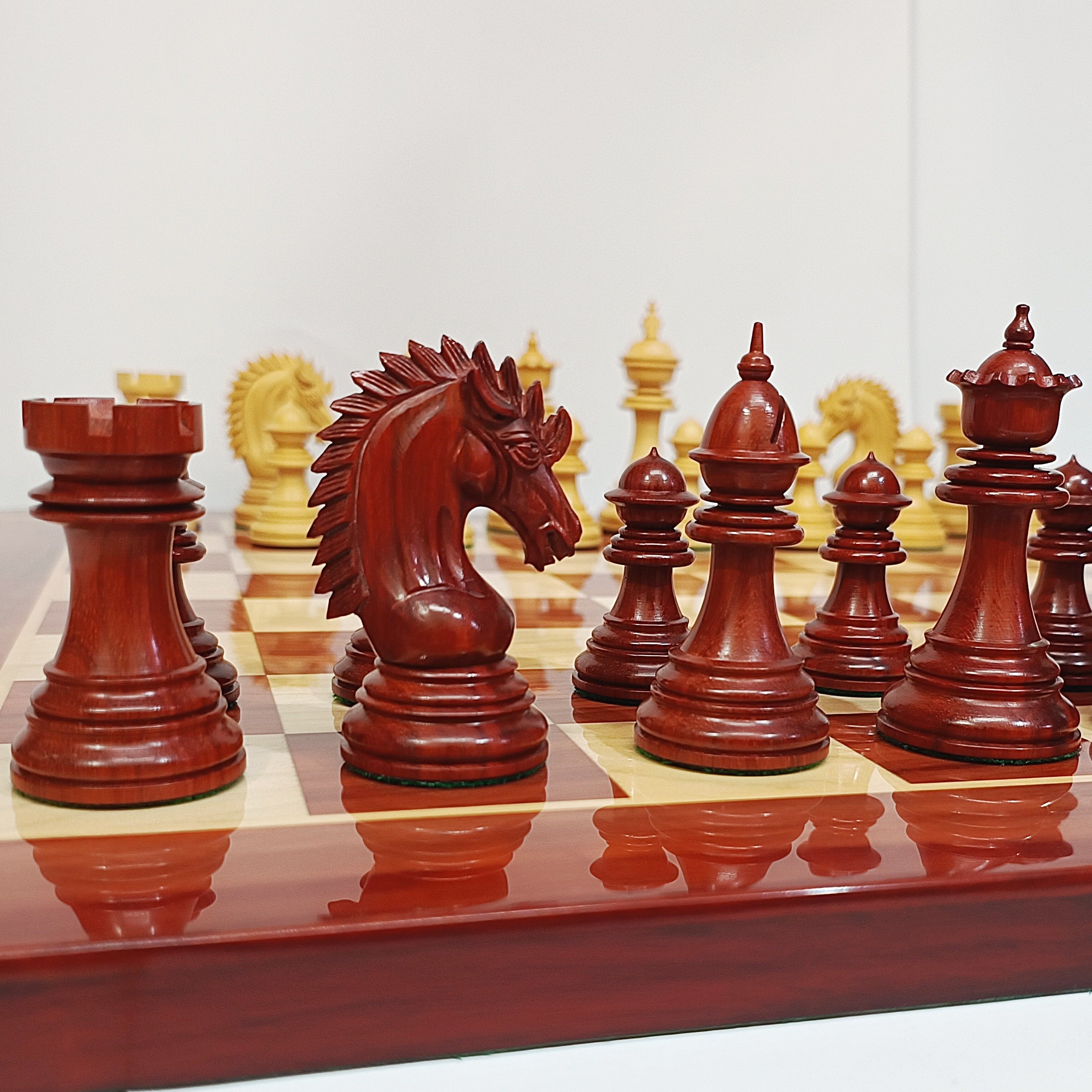
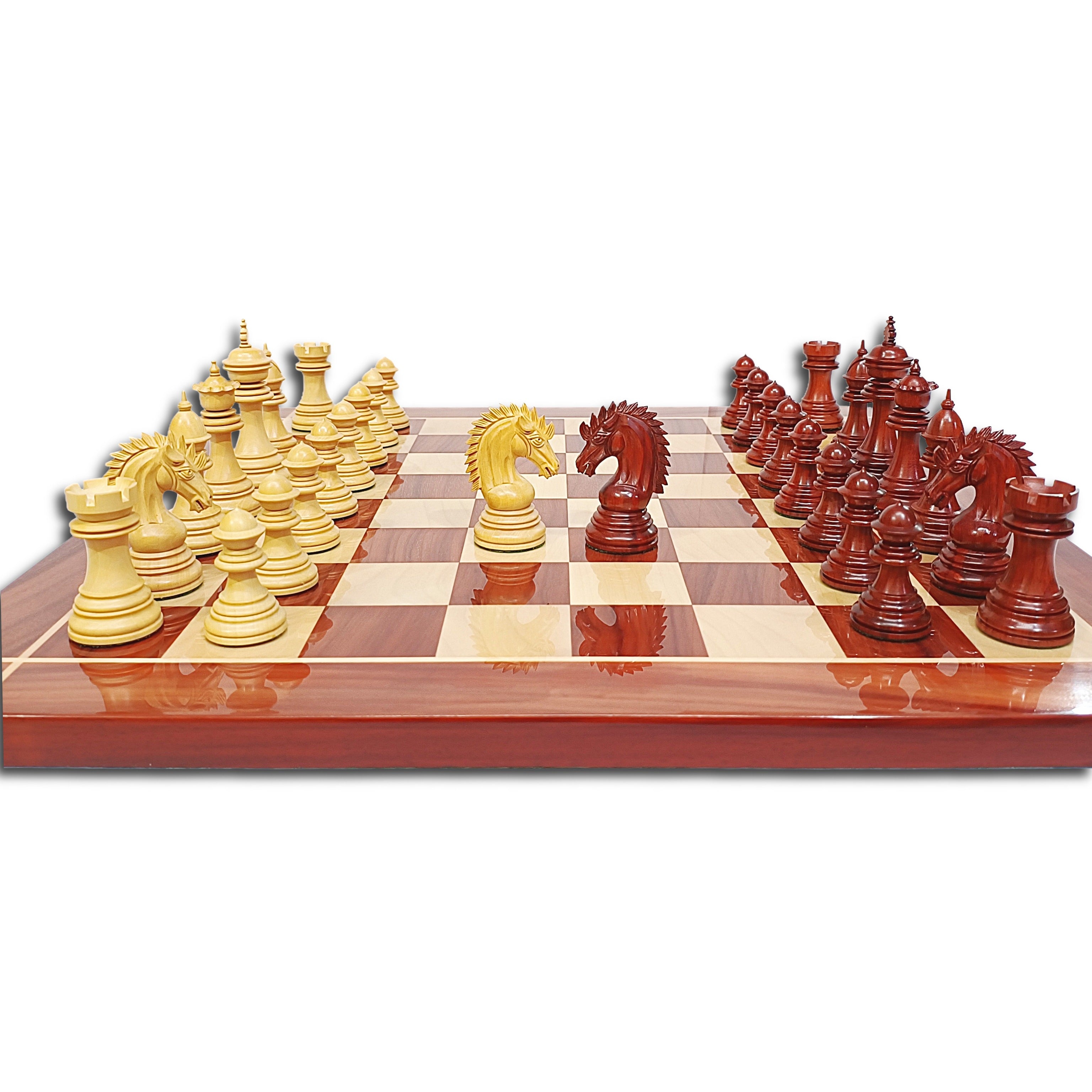
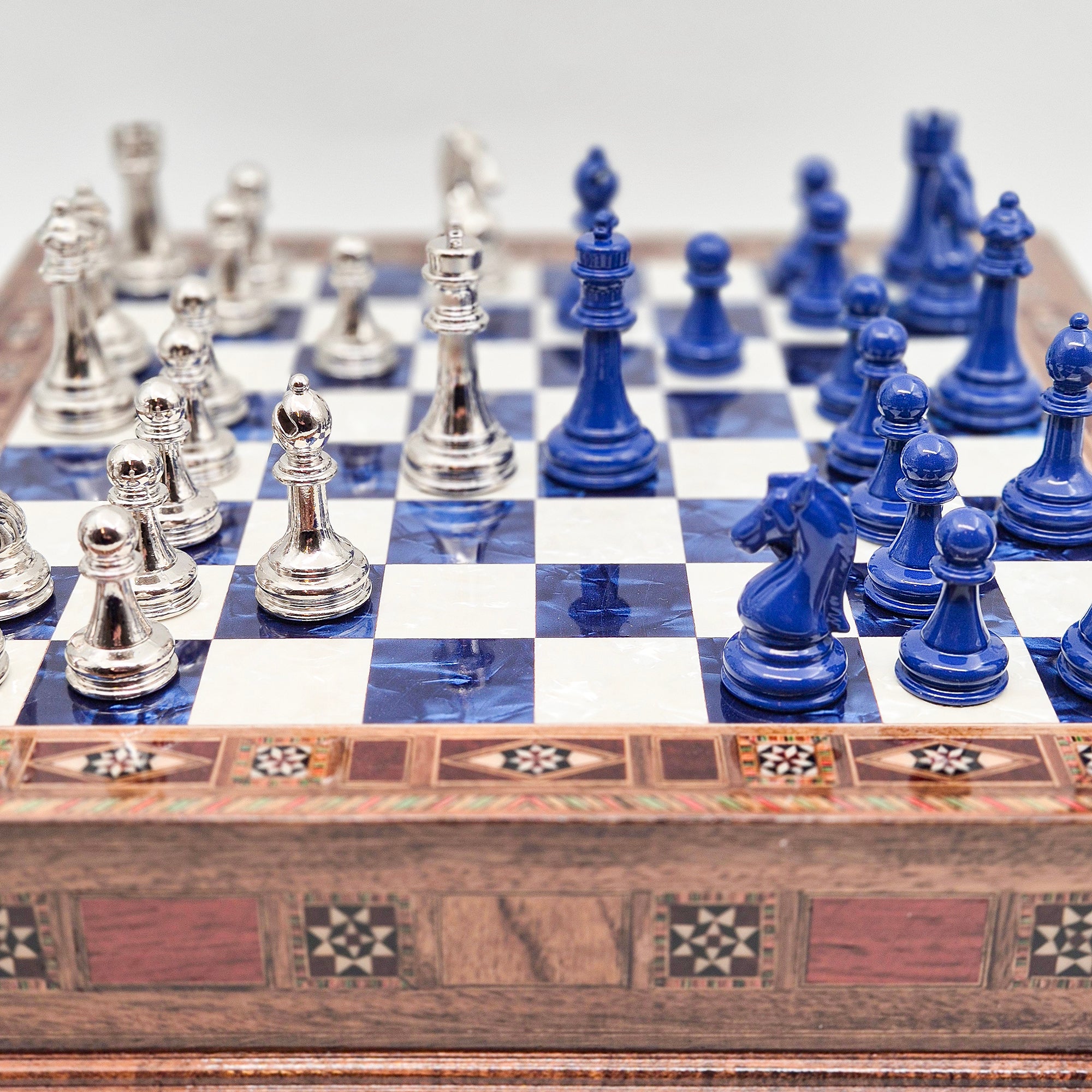
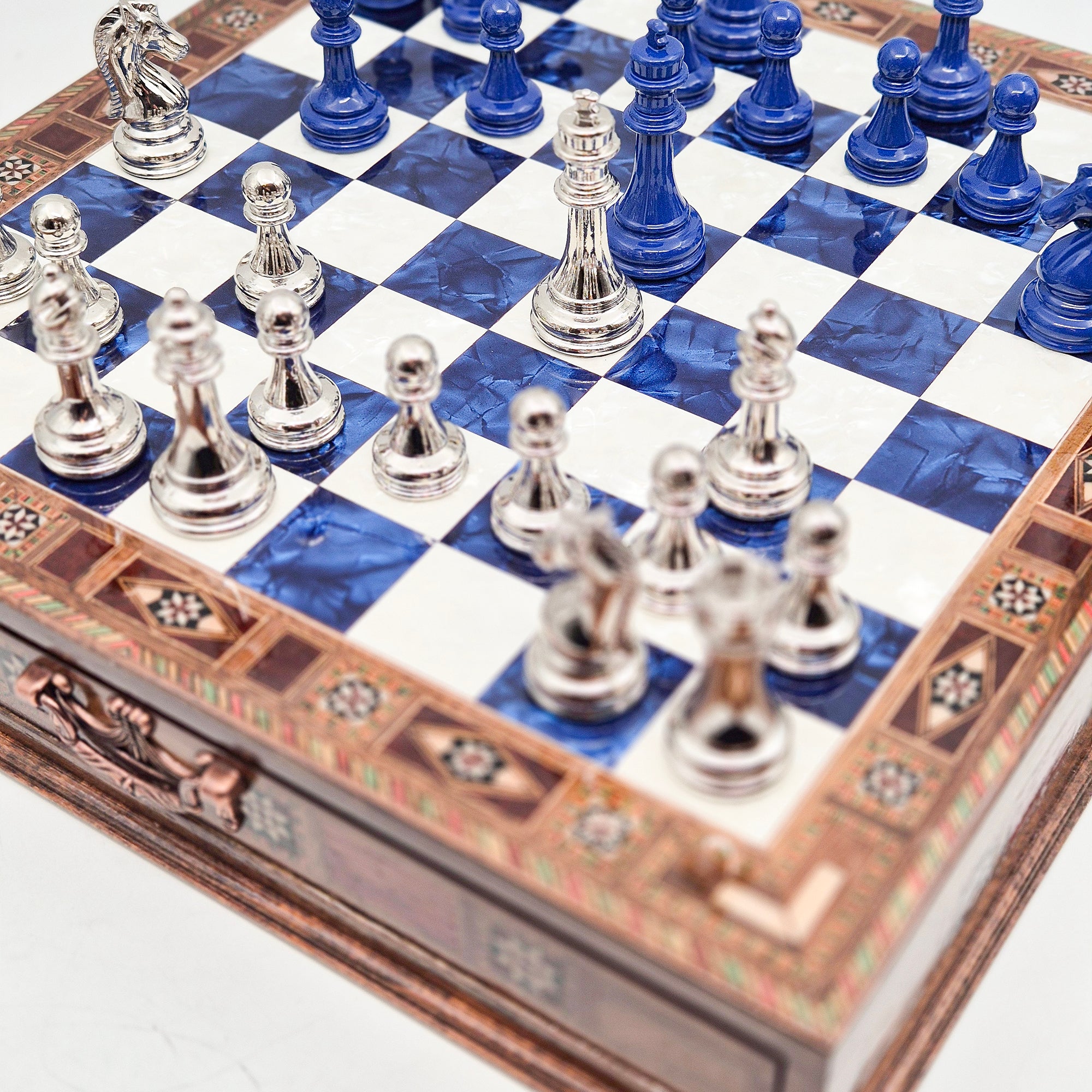
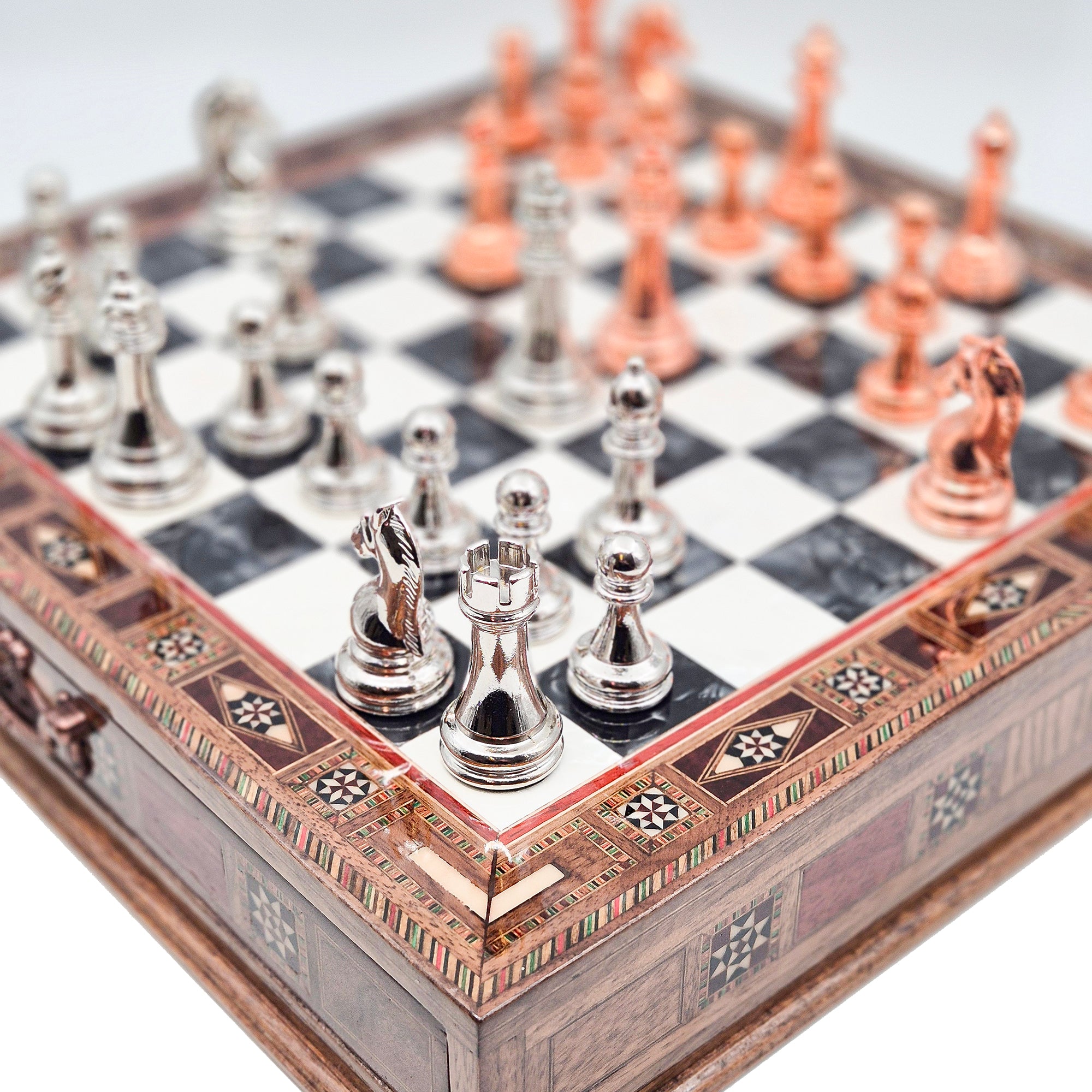
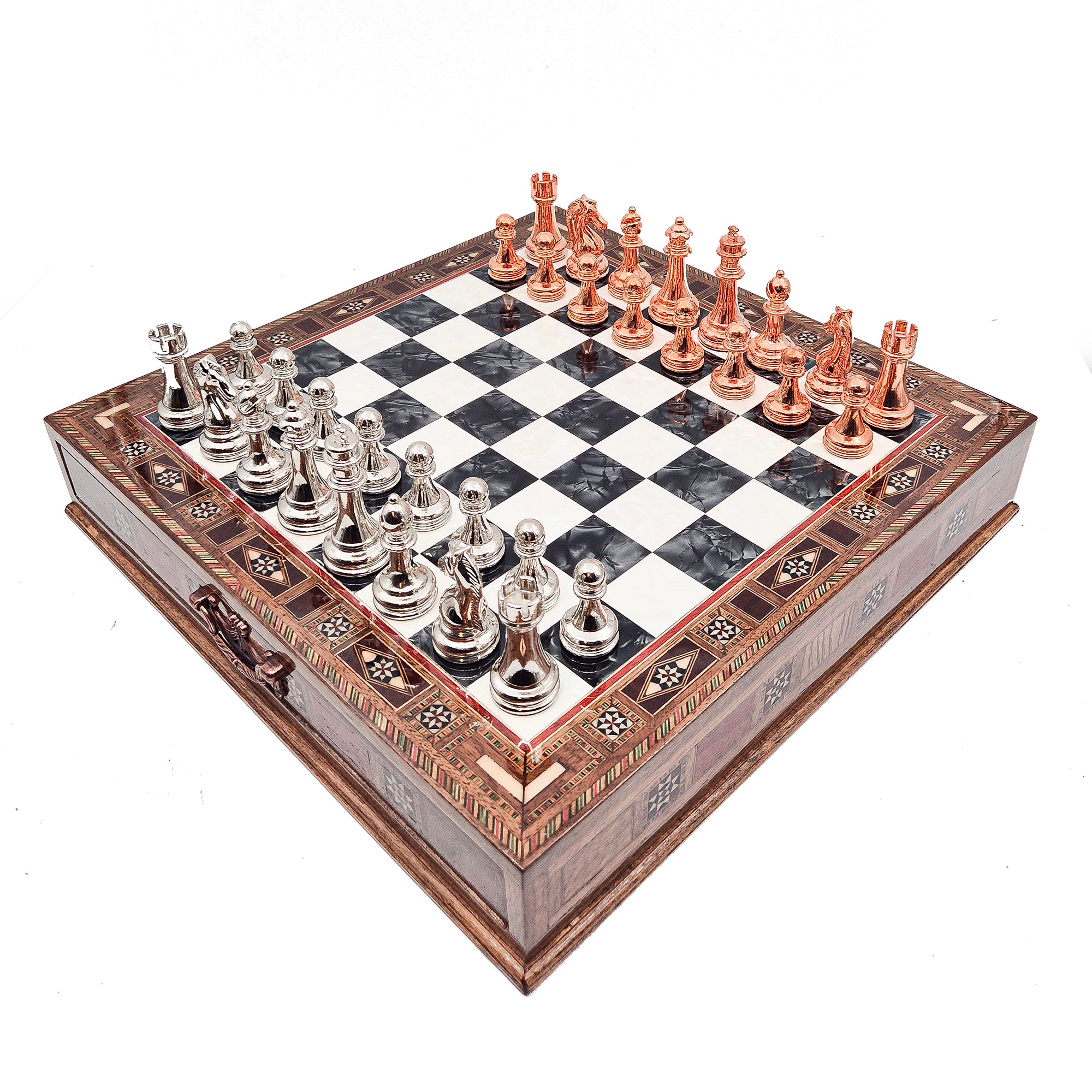
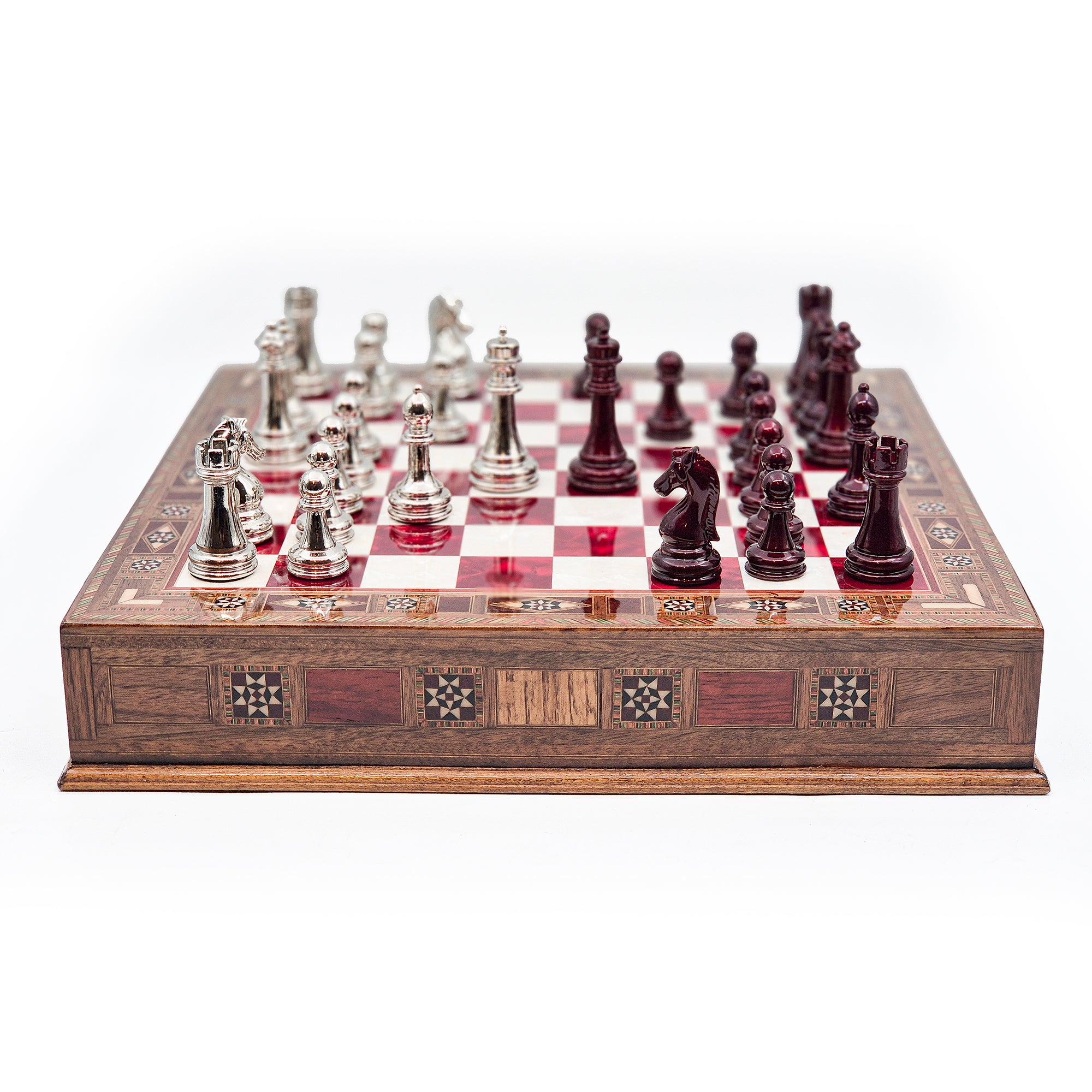
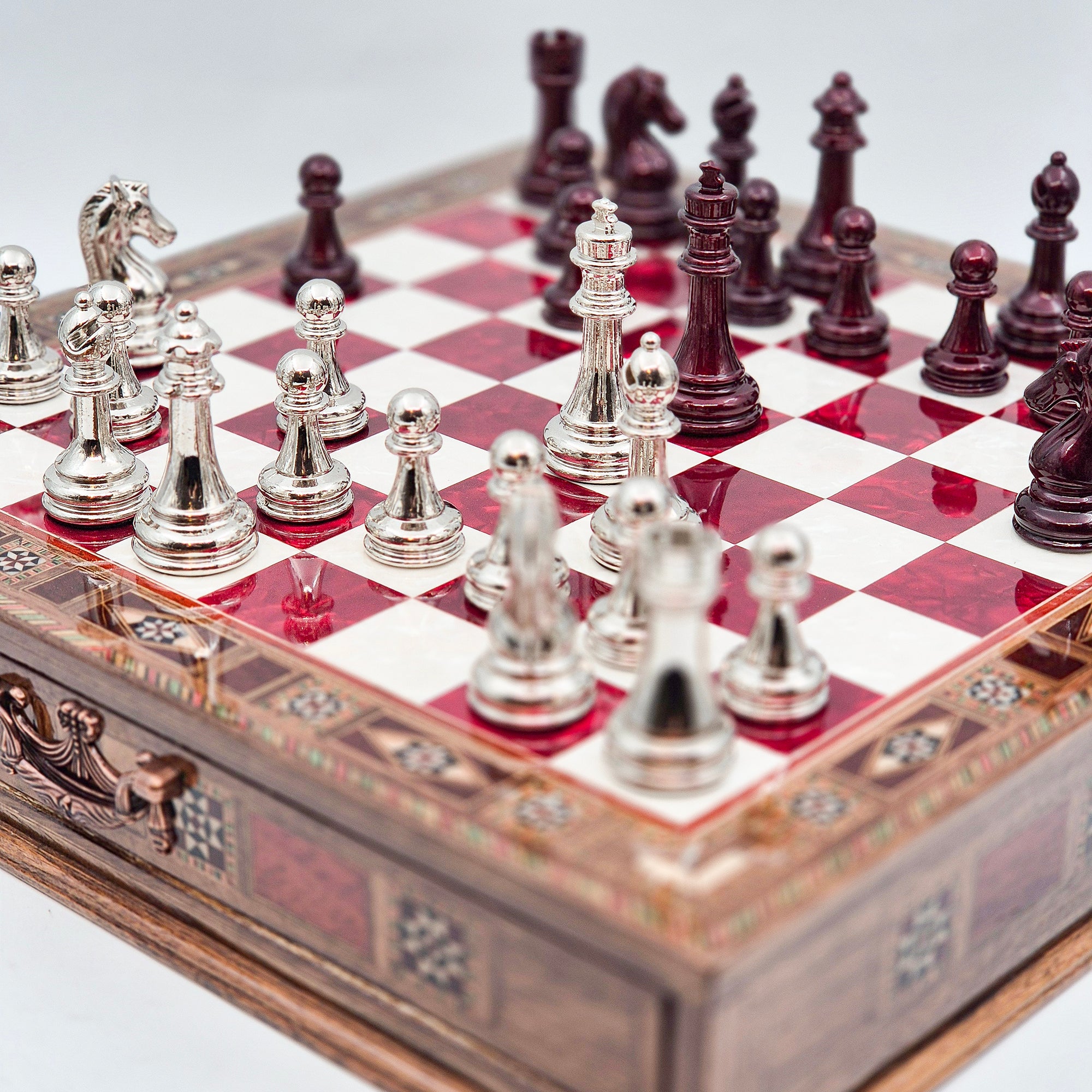
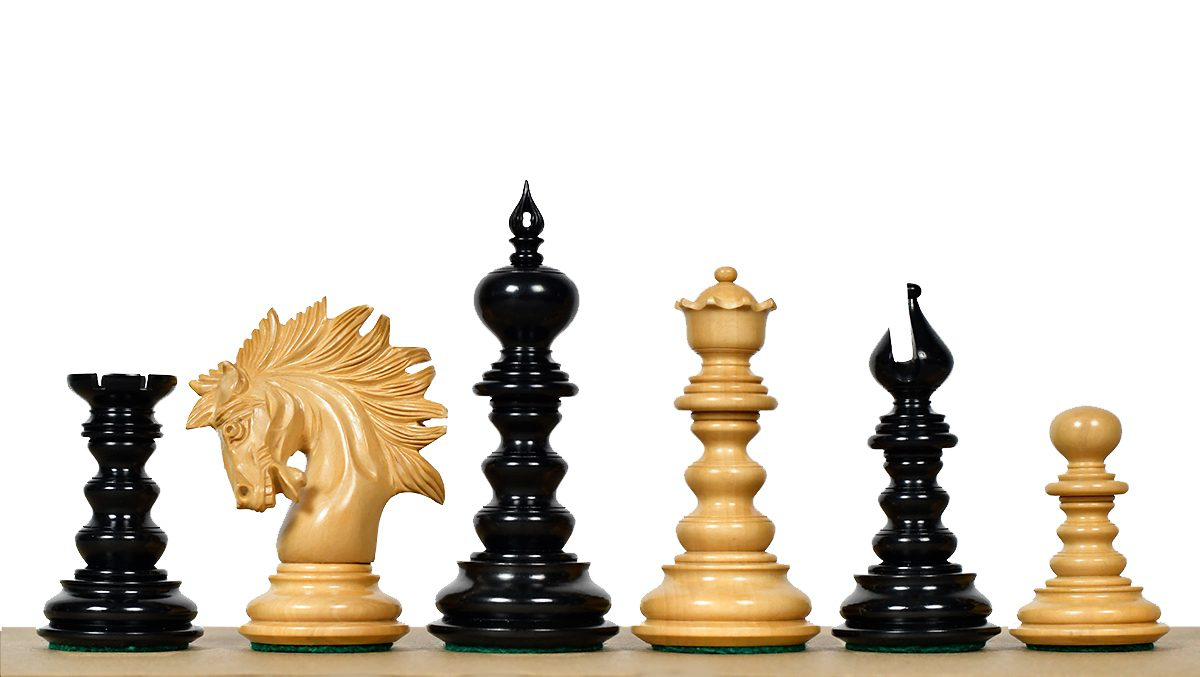
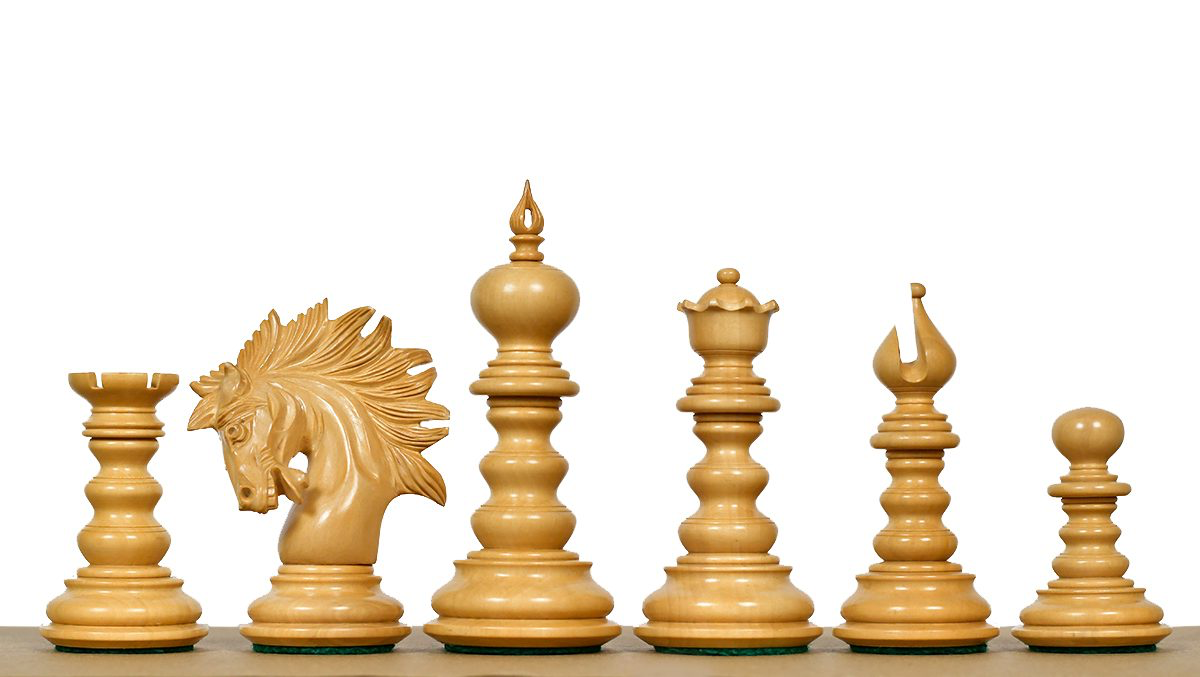
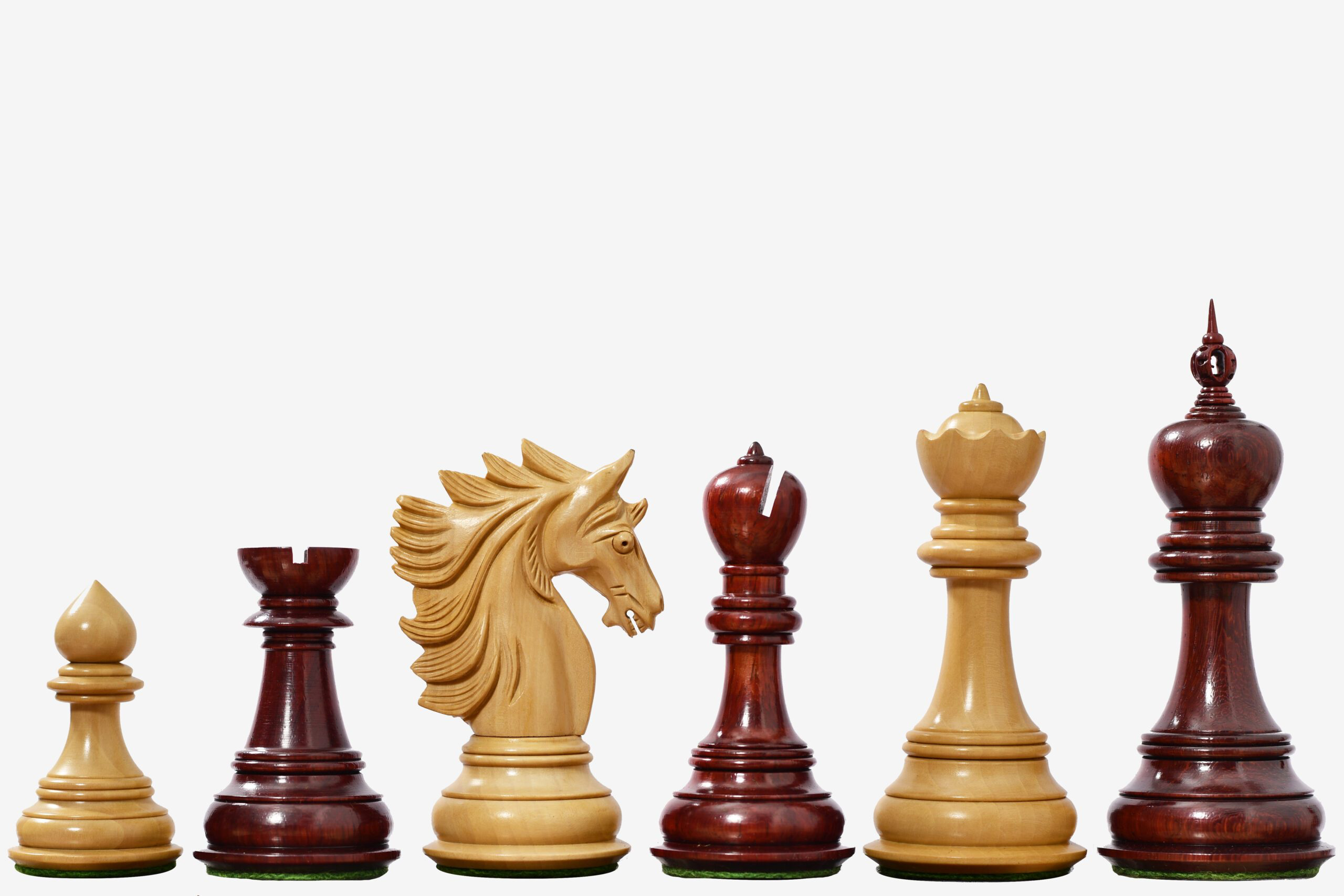
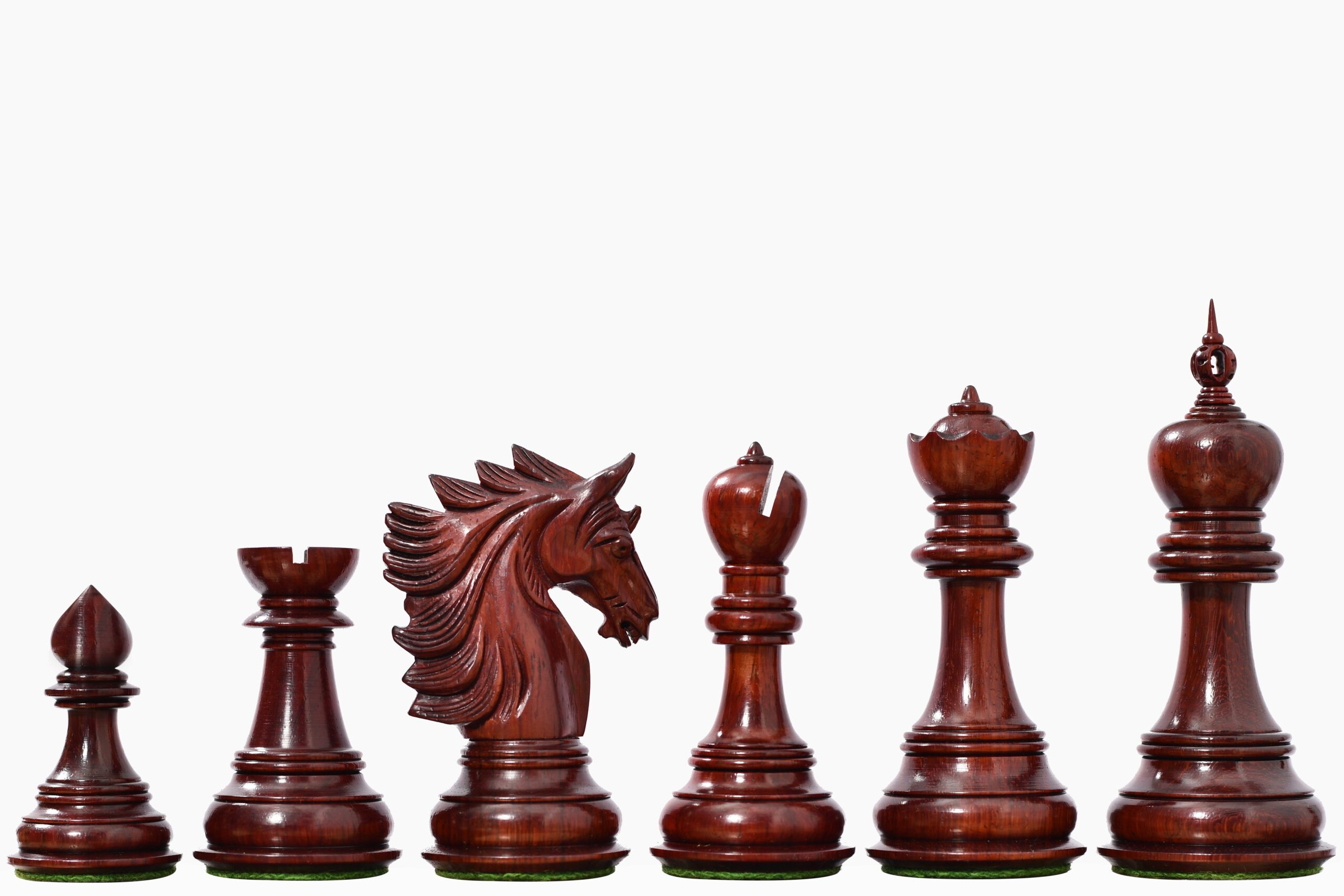
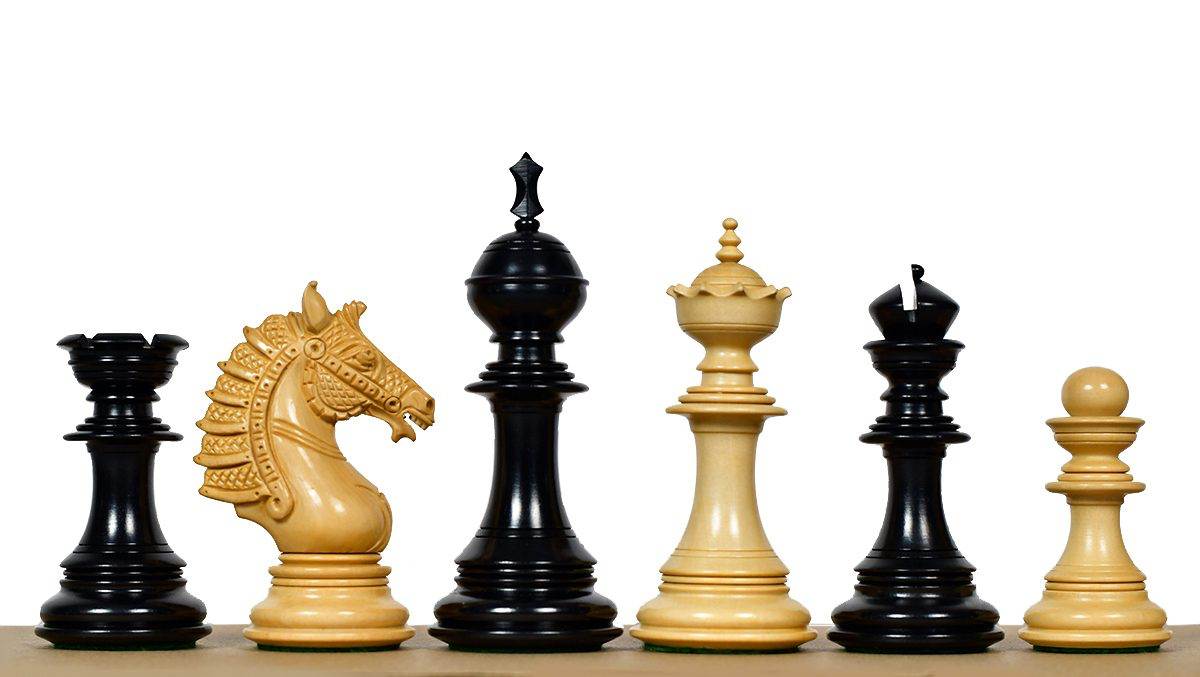
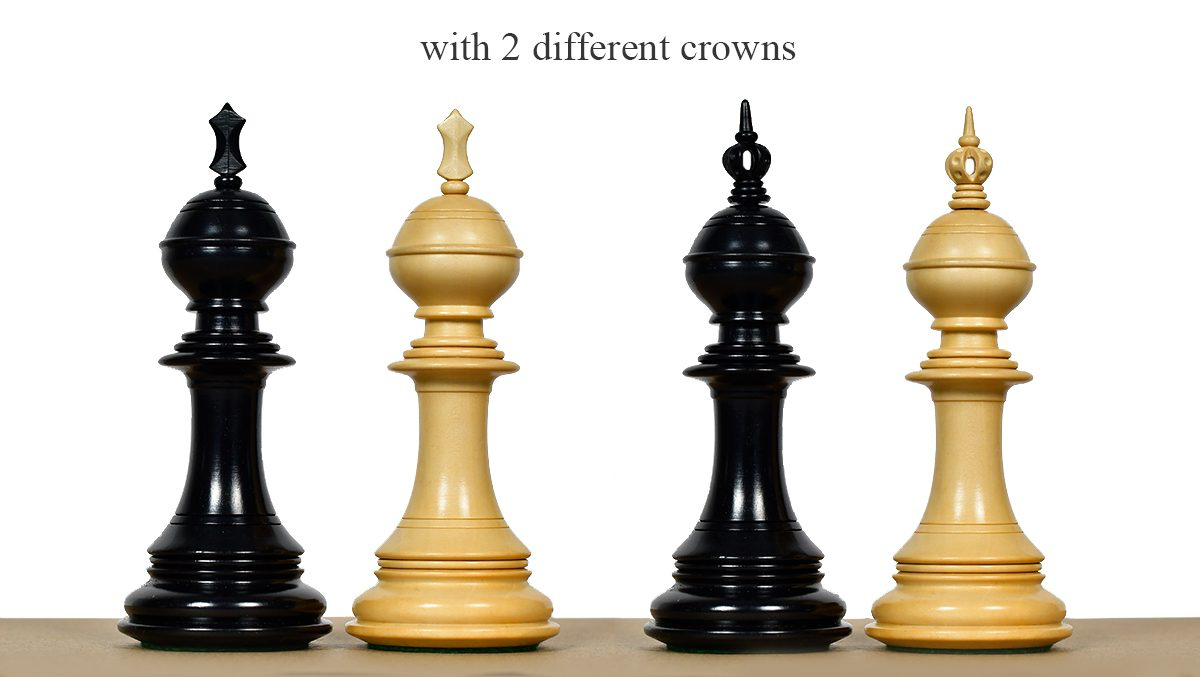
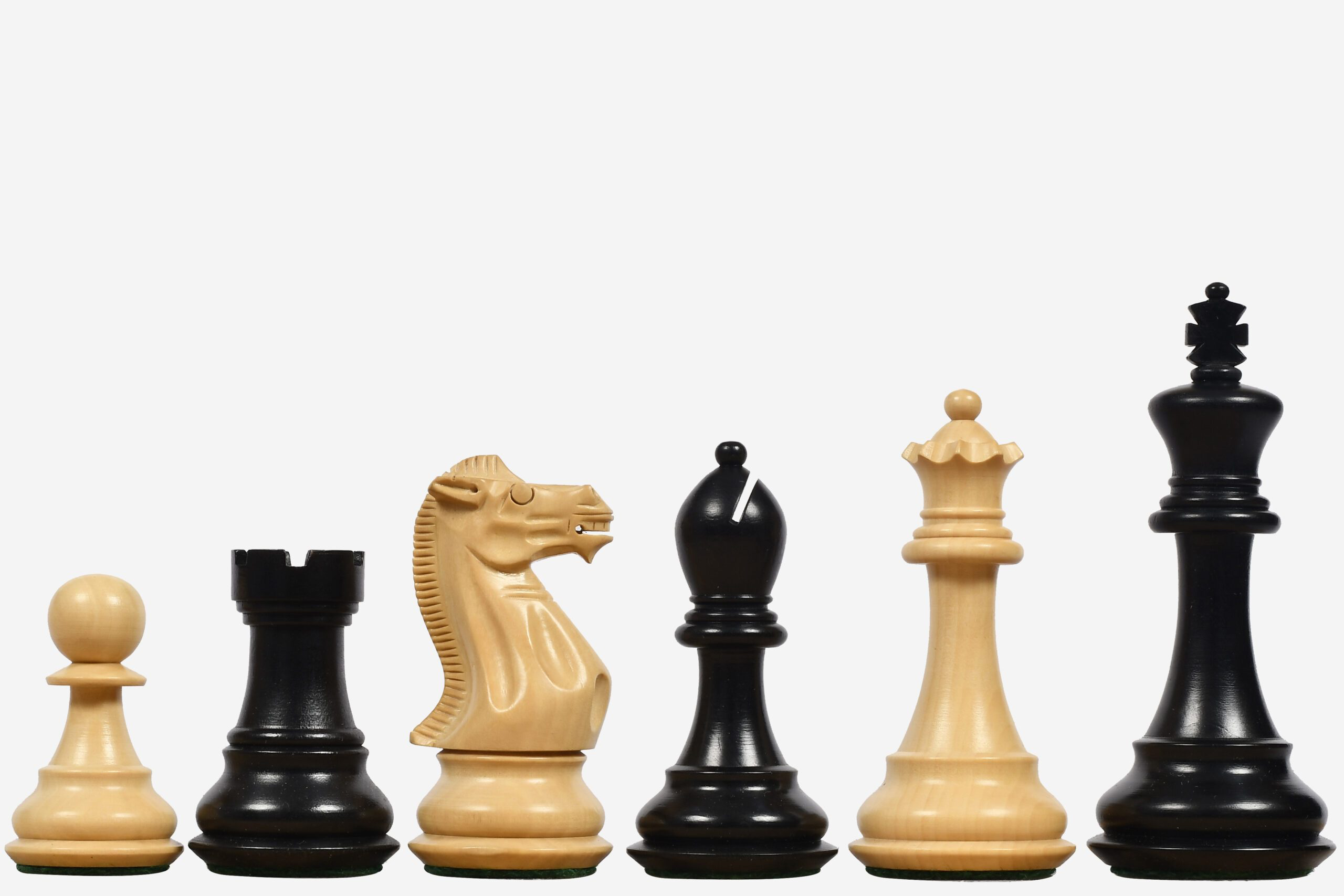
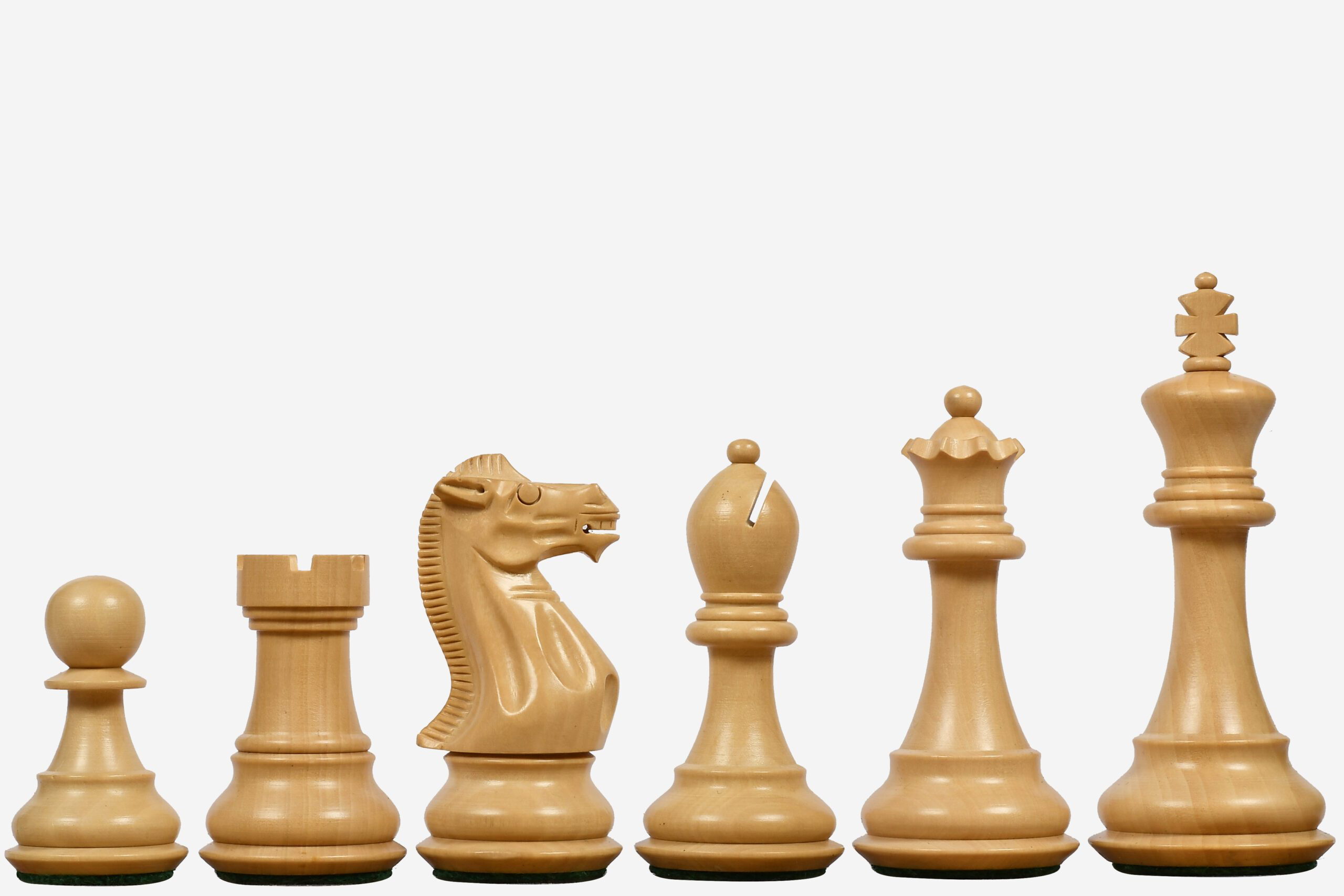
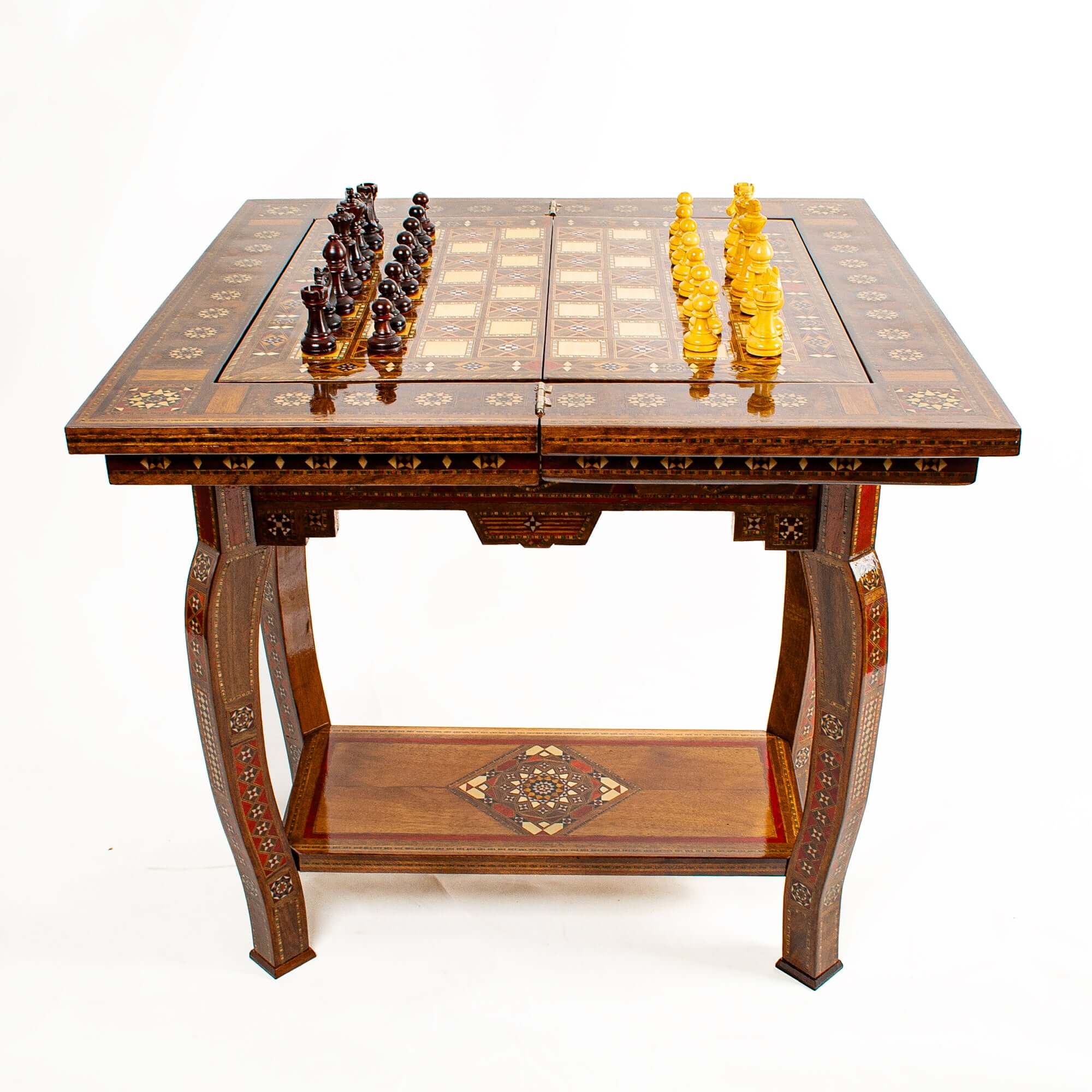

Leave a comment
All comments are moderated before being published.
This site is protected by hCaptcha and the hCaptcha Privacy Policy and Terms of Service apply.